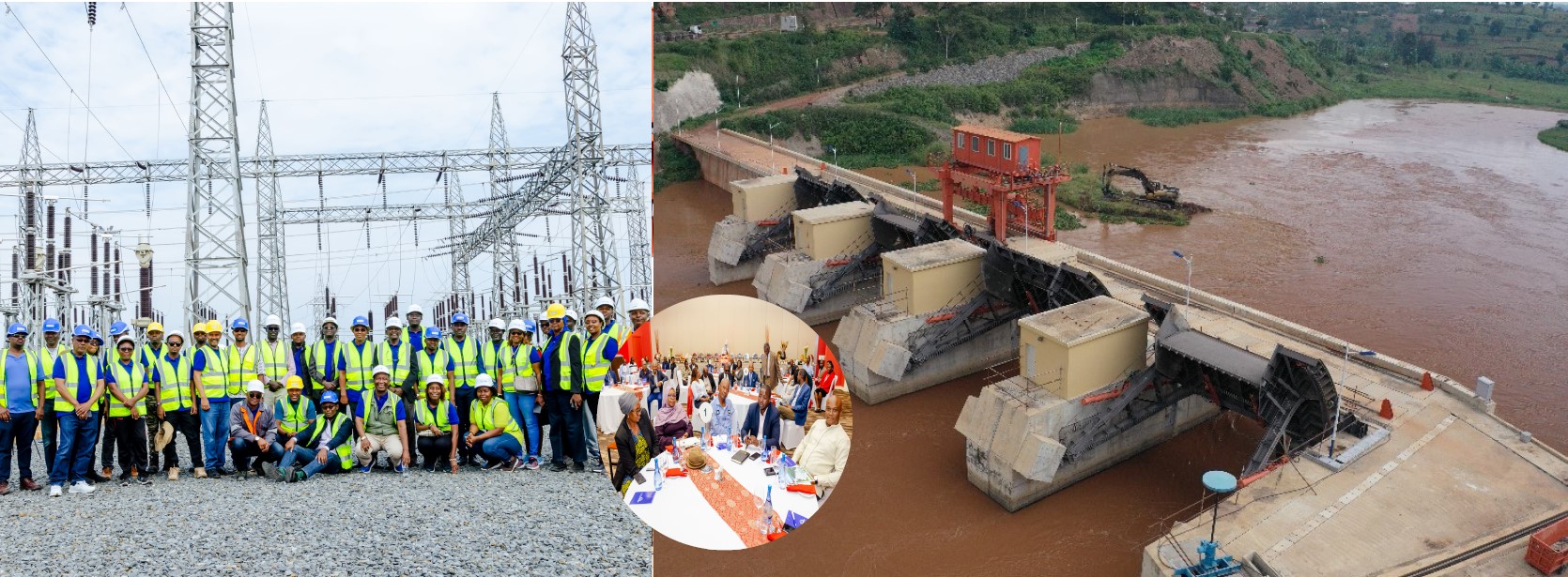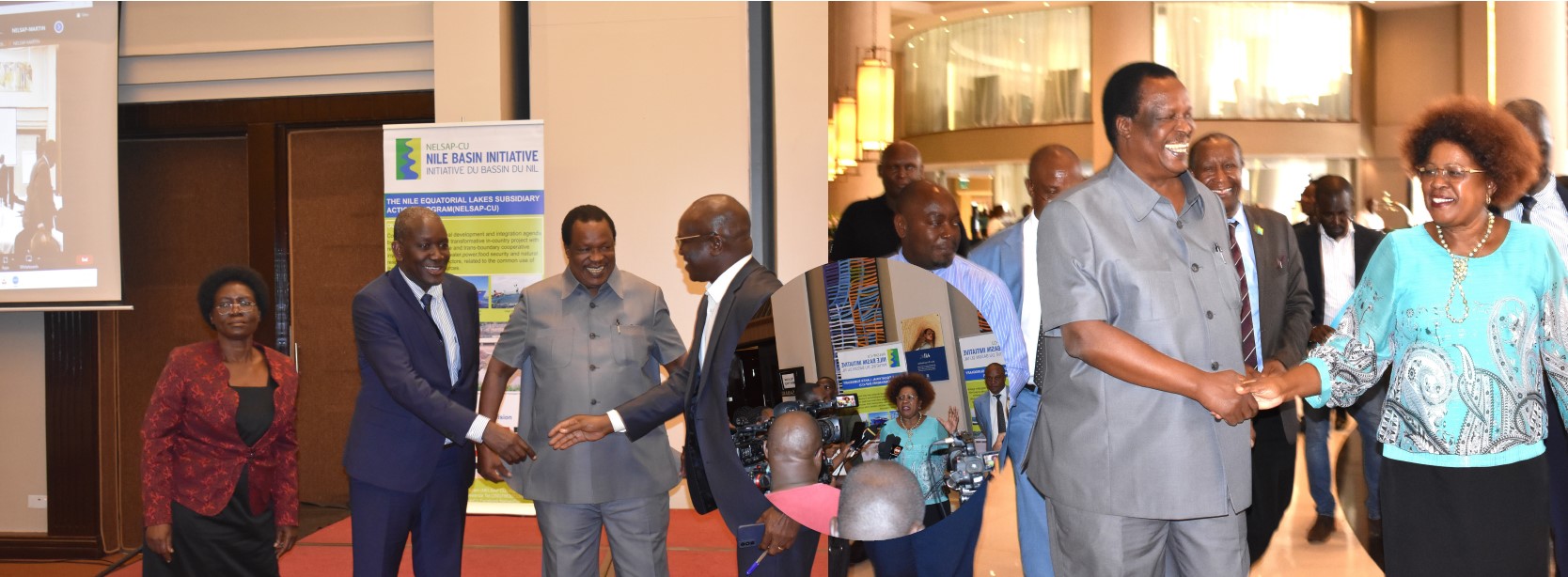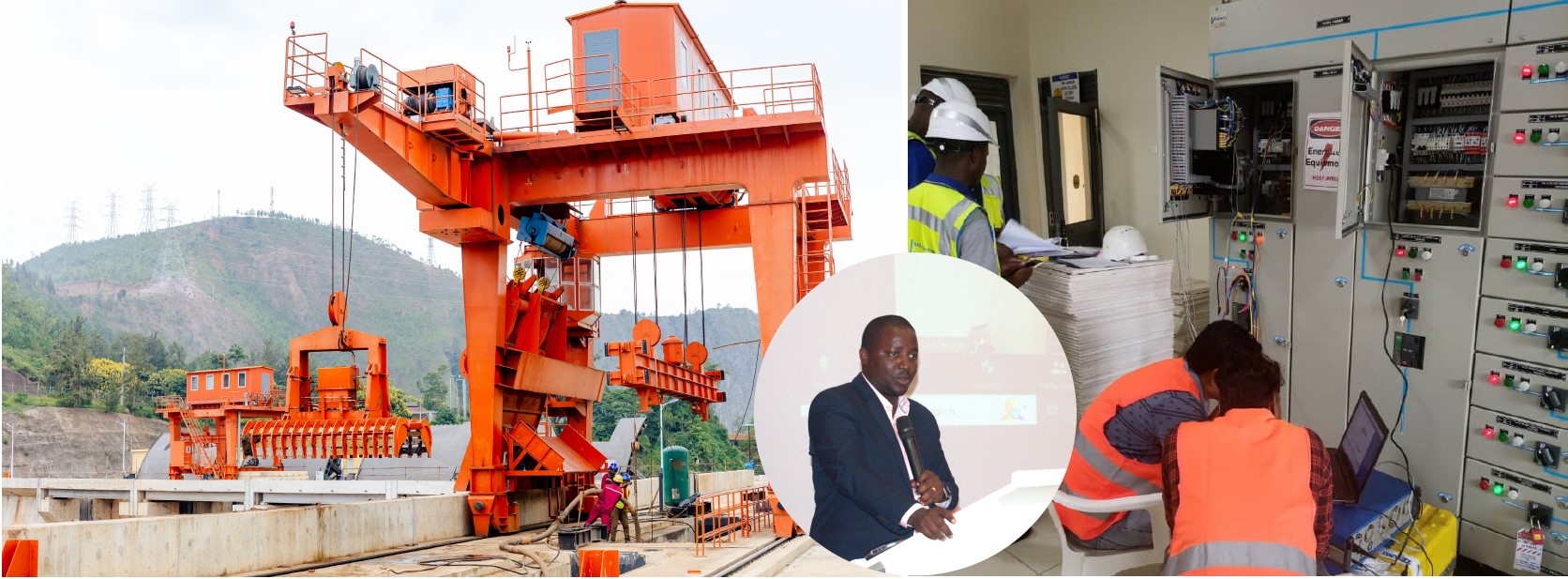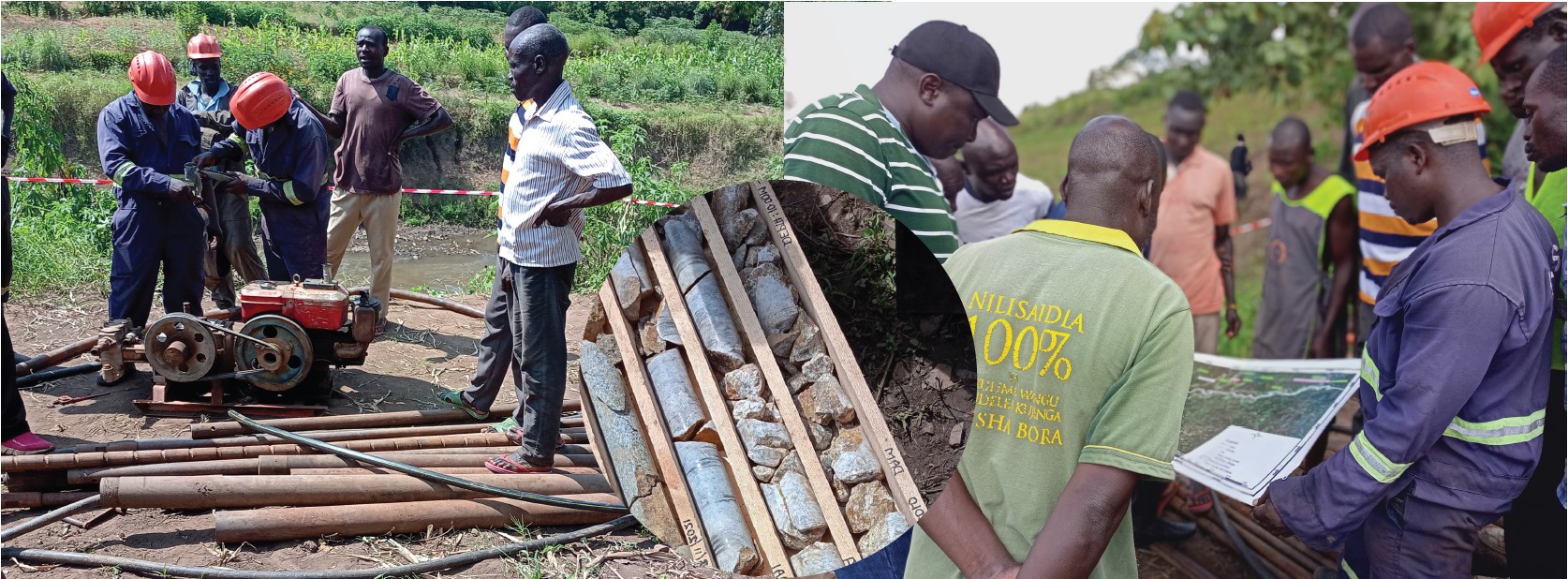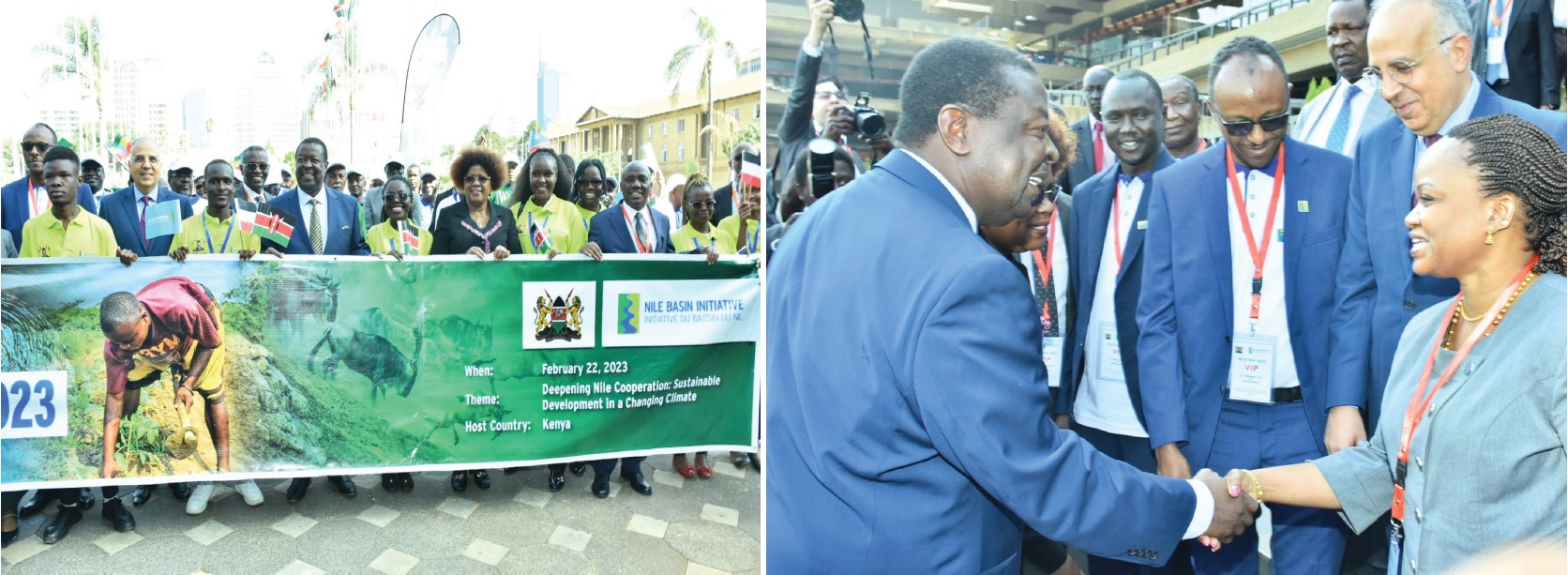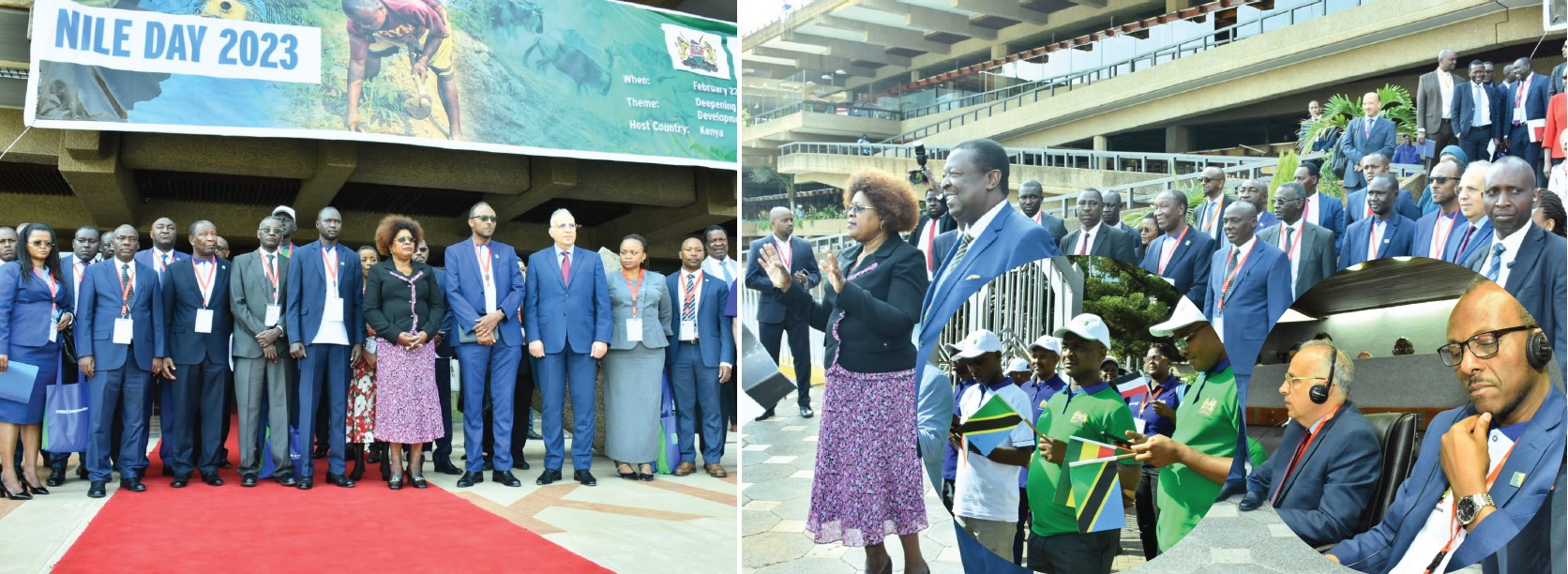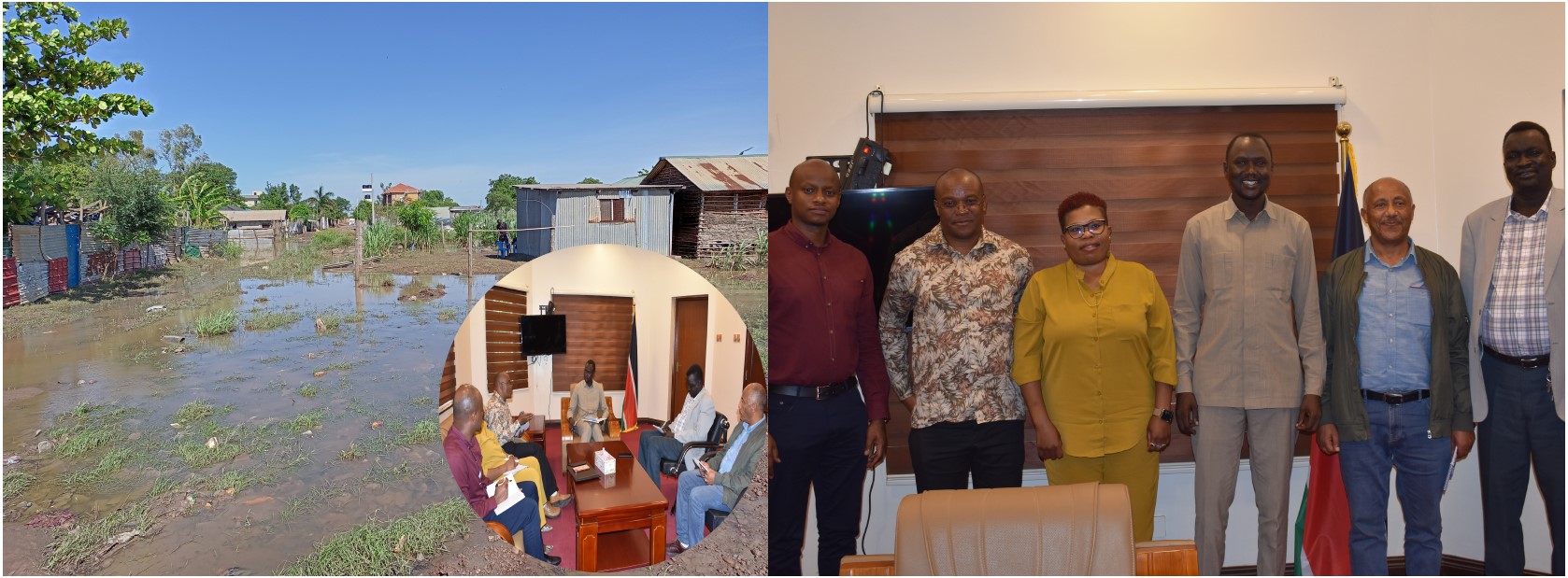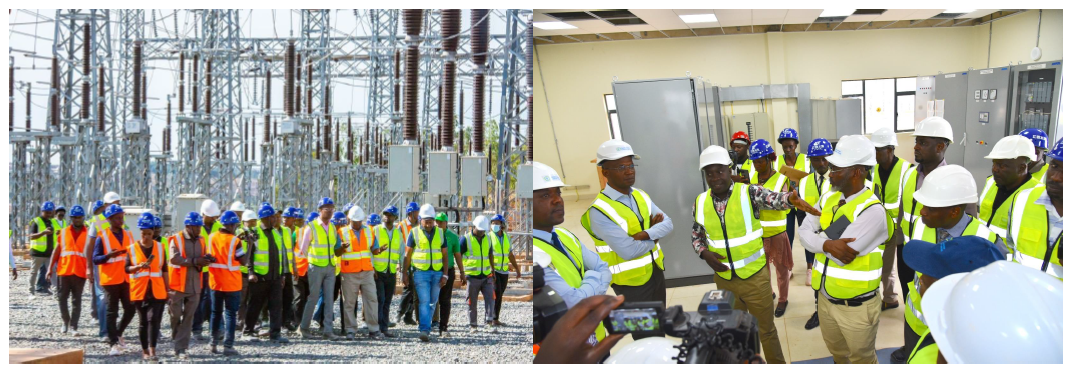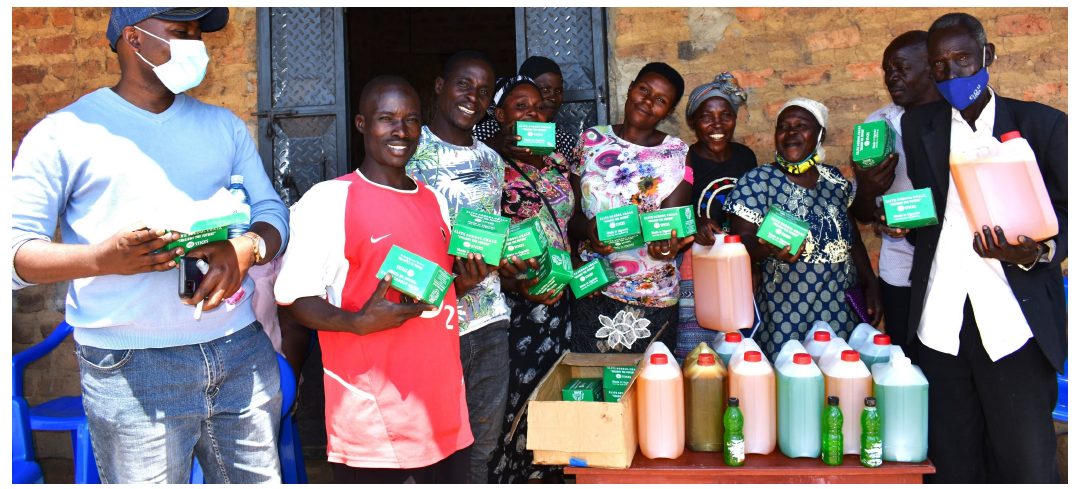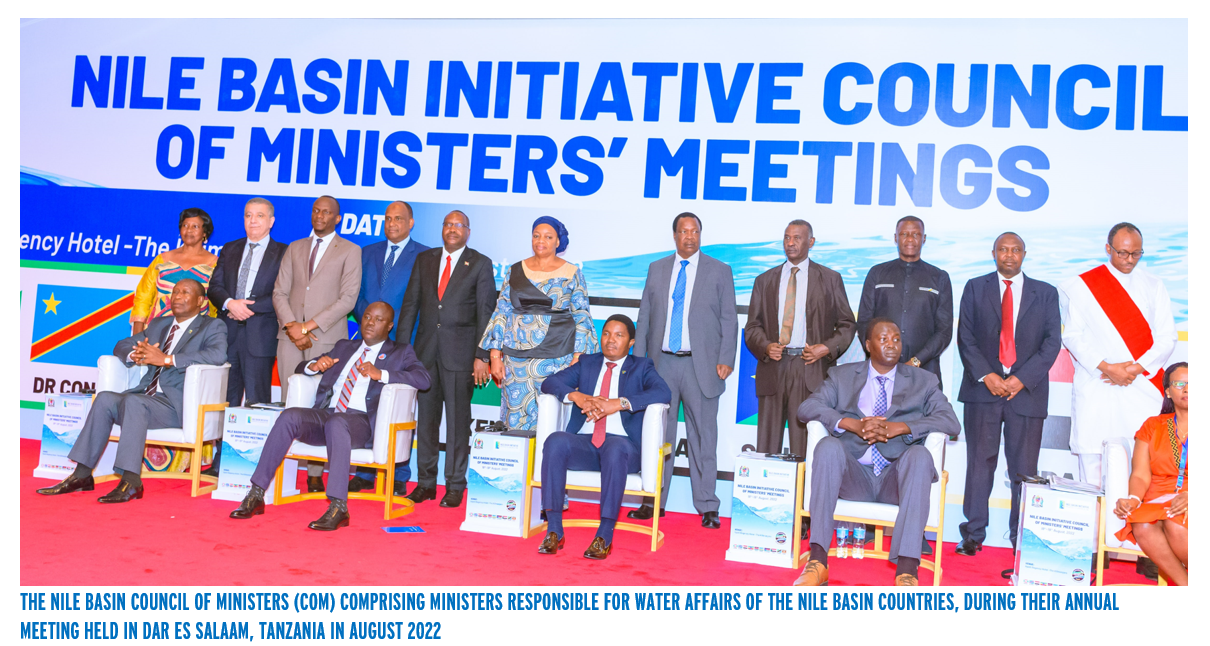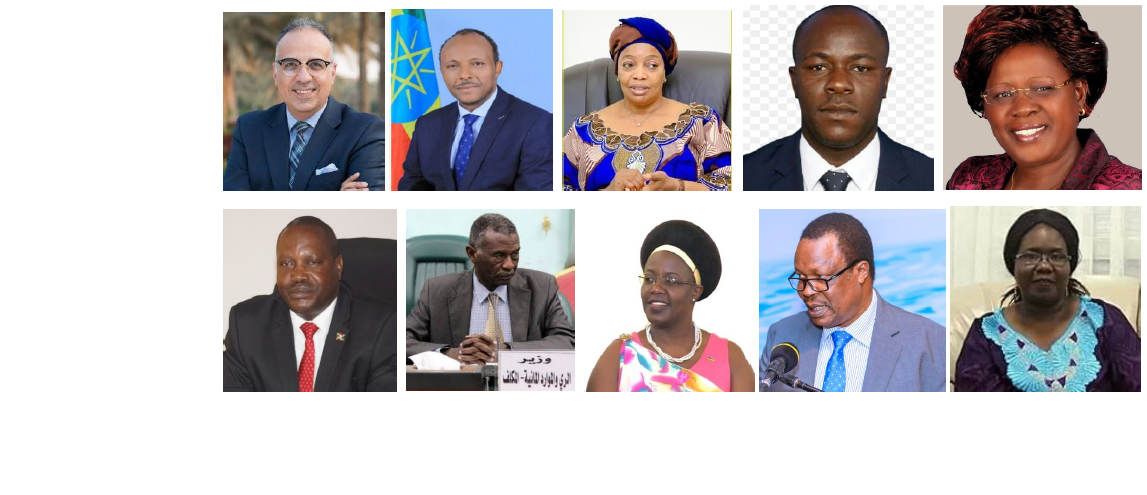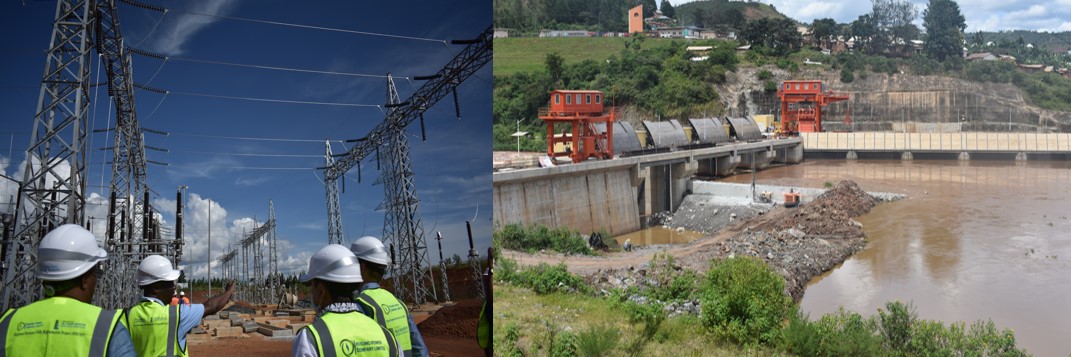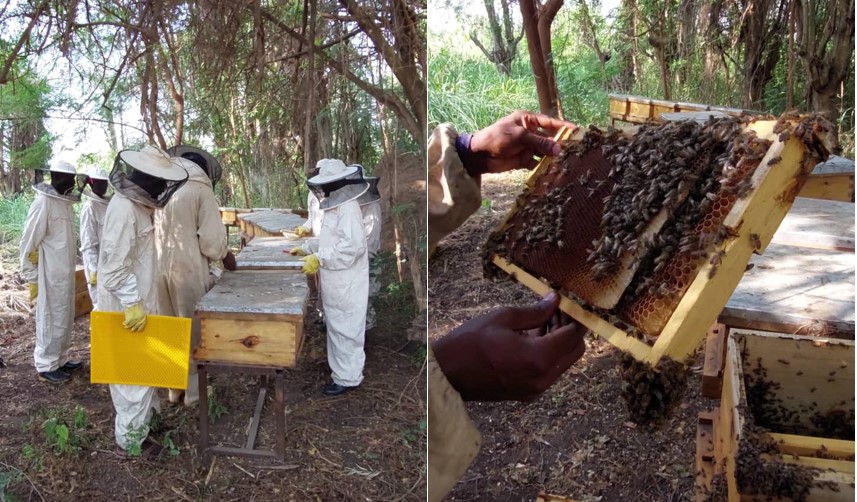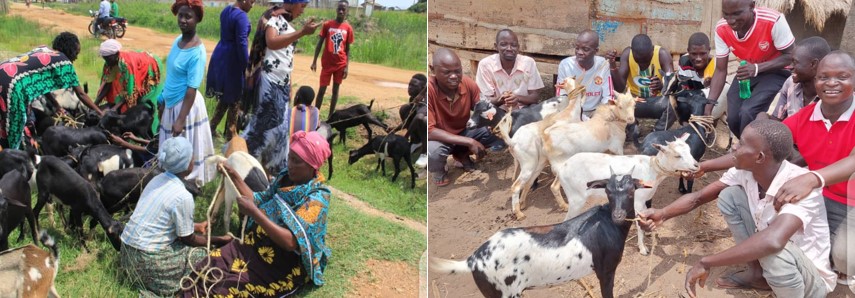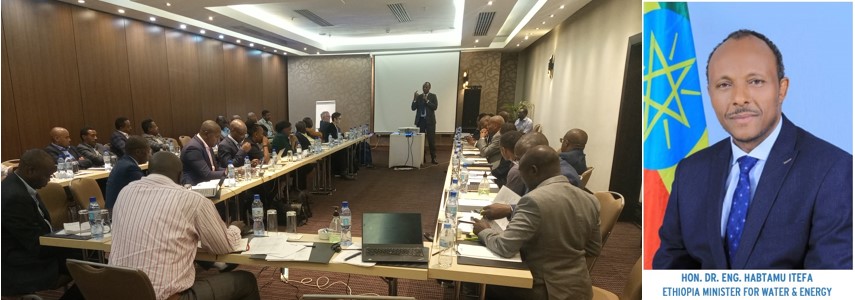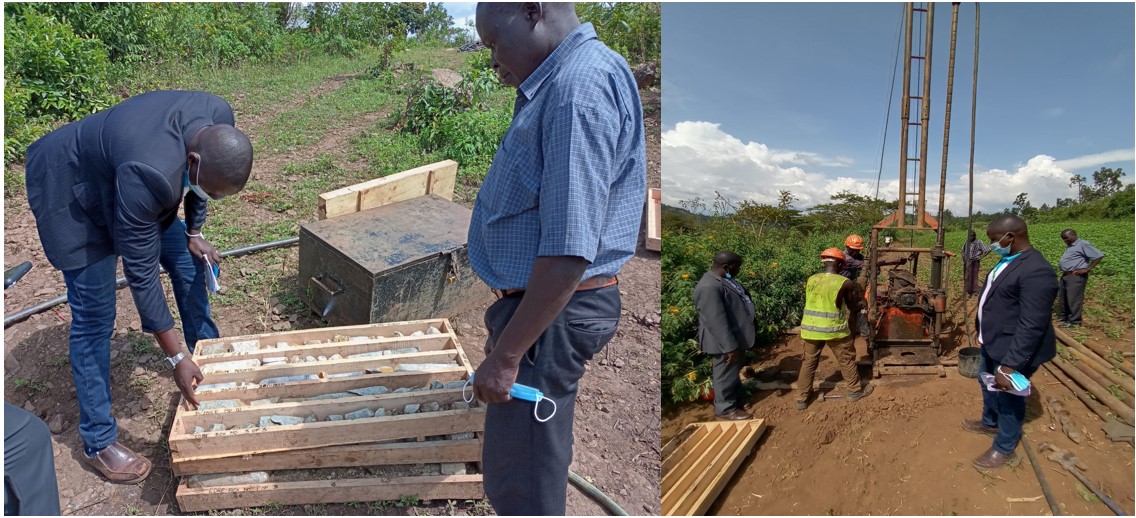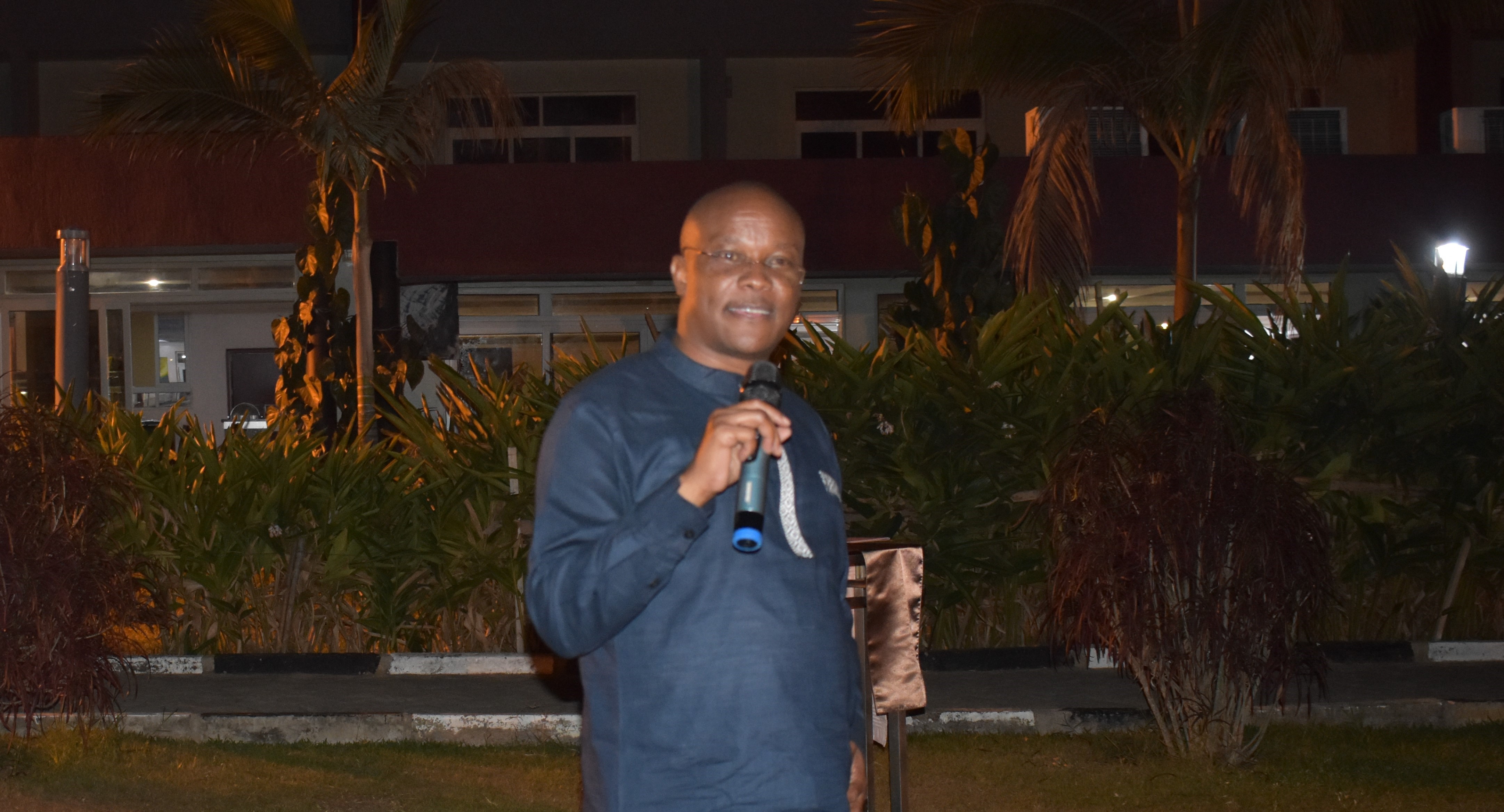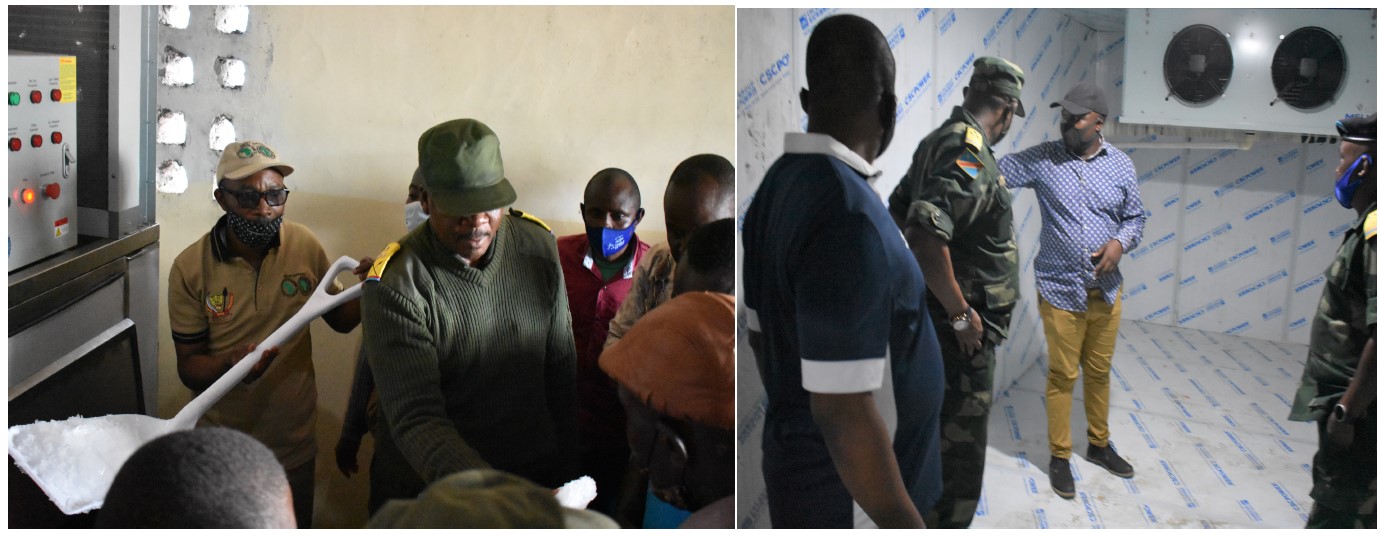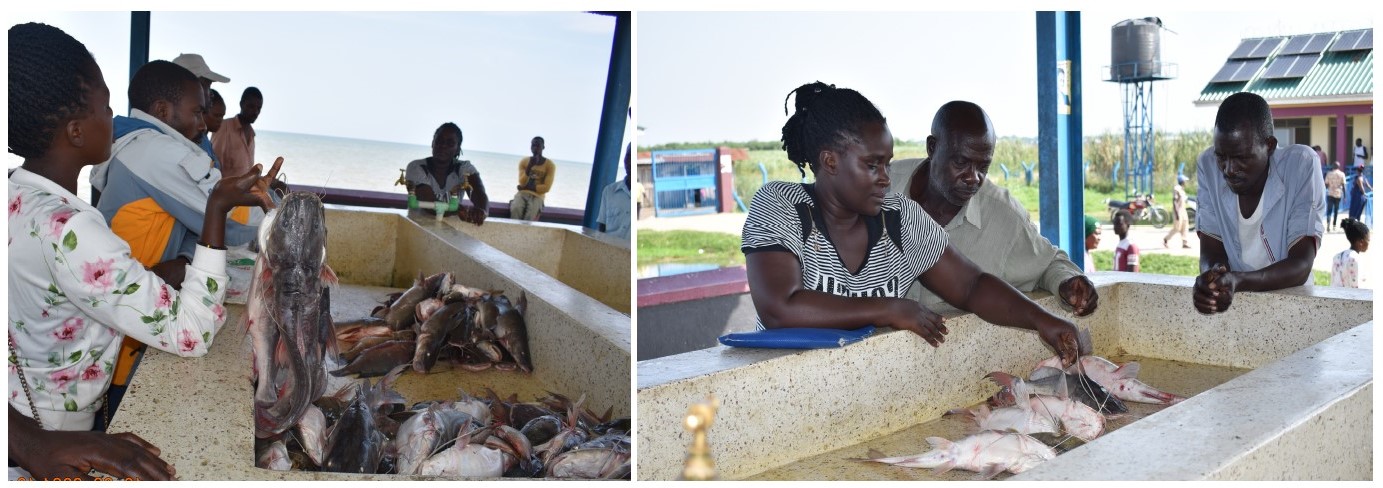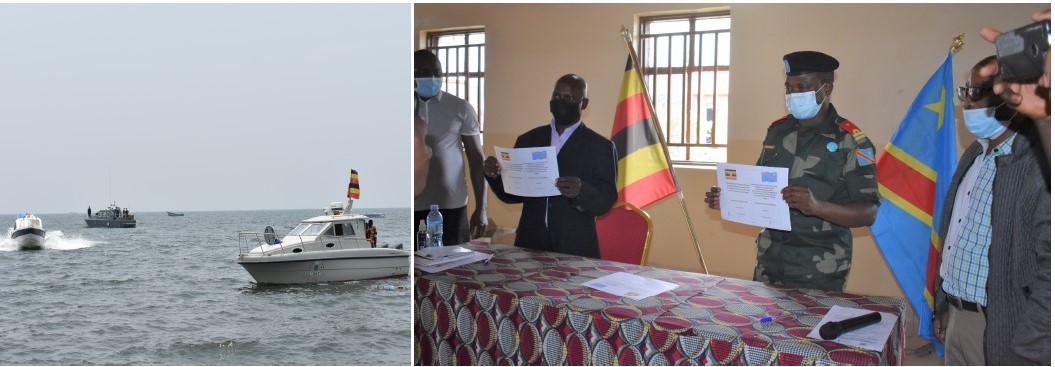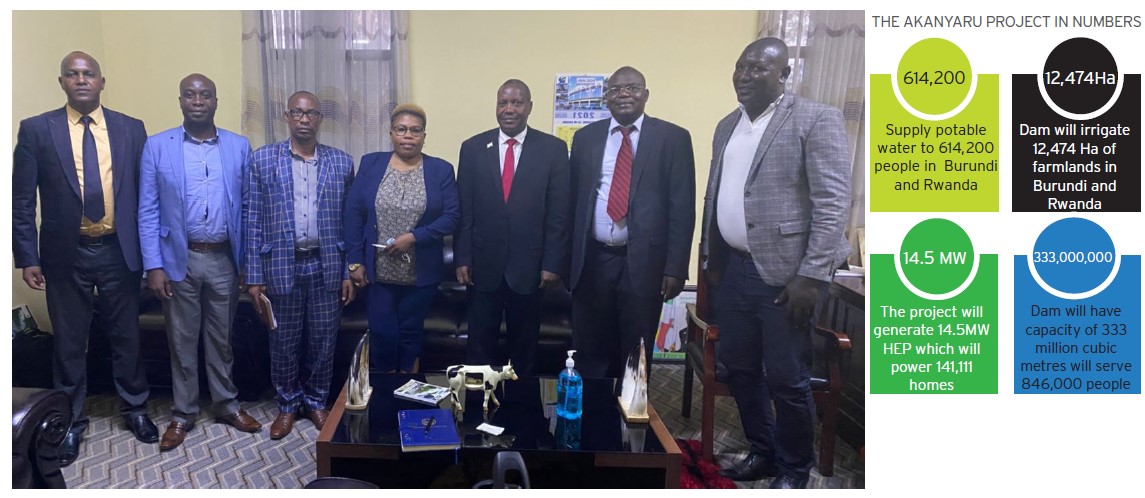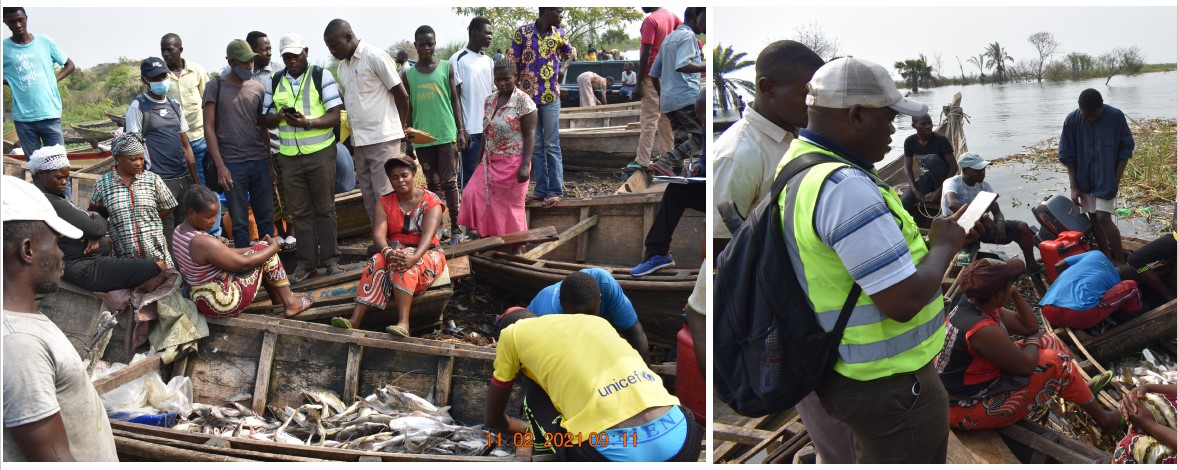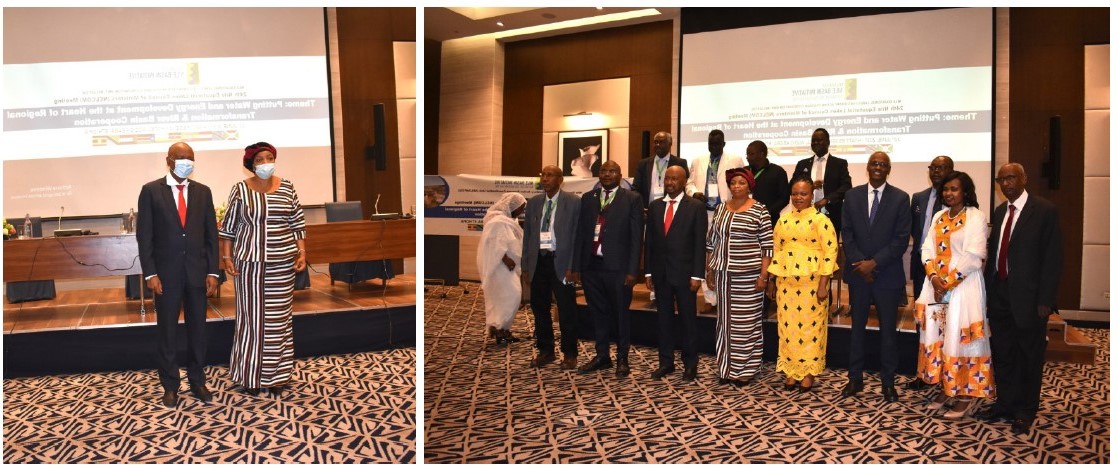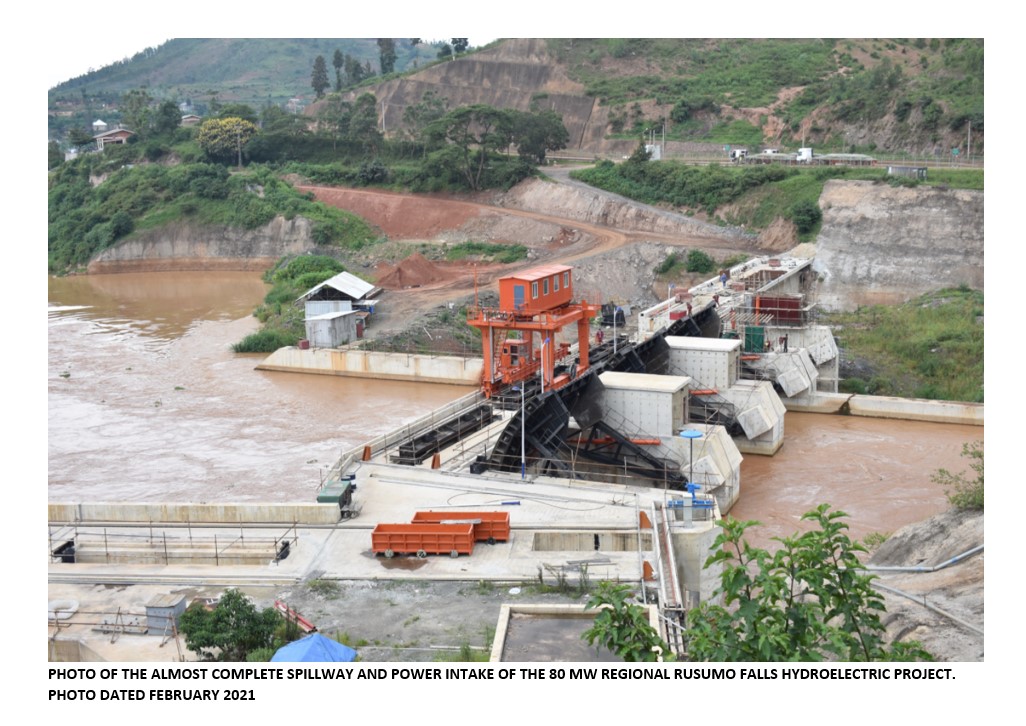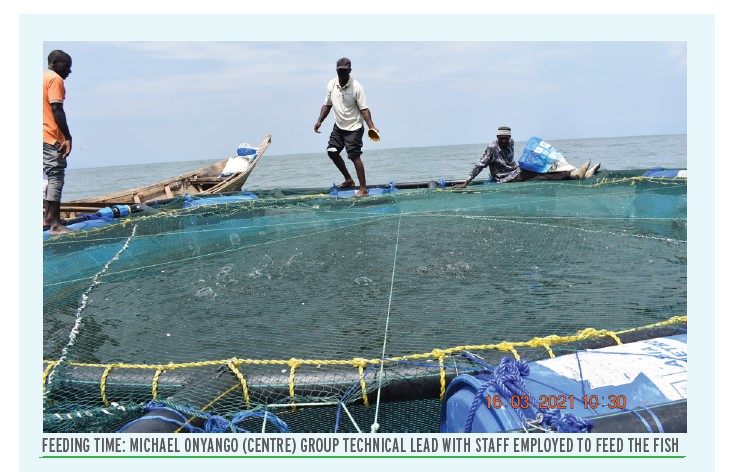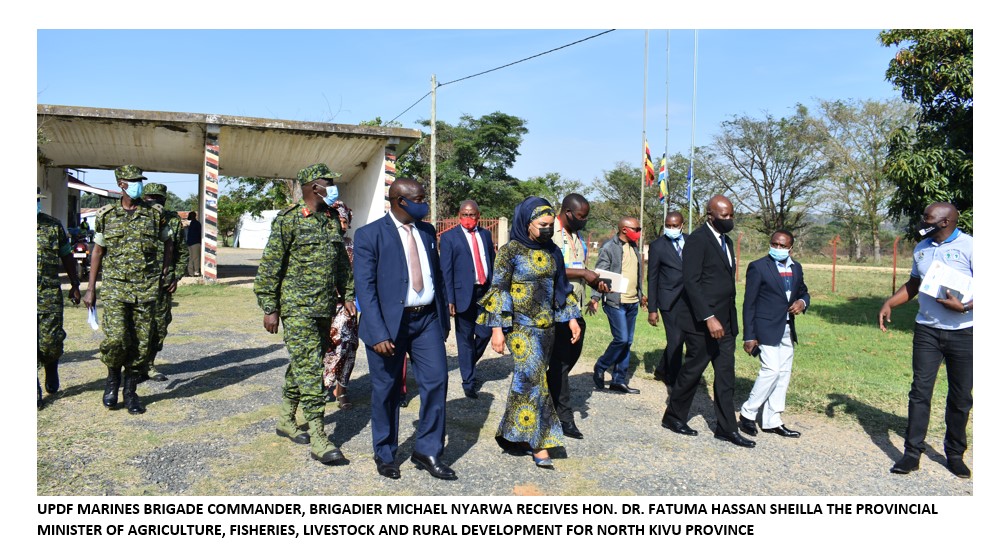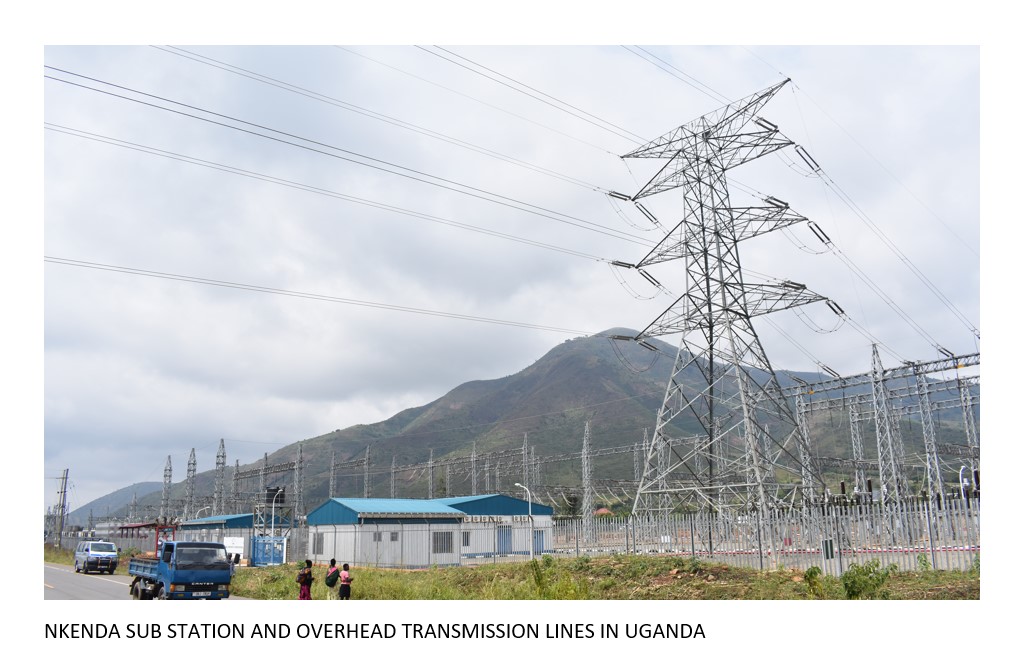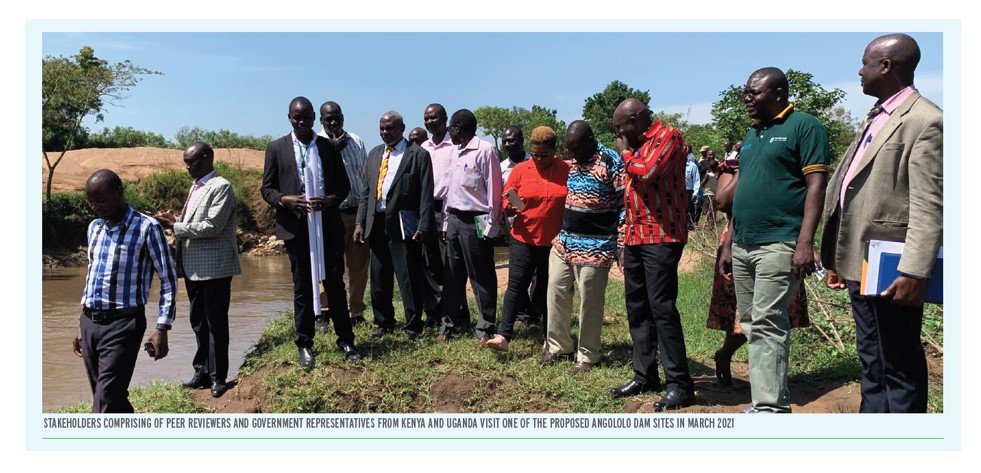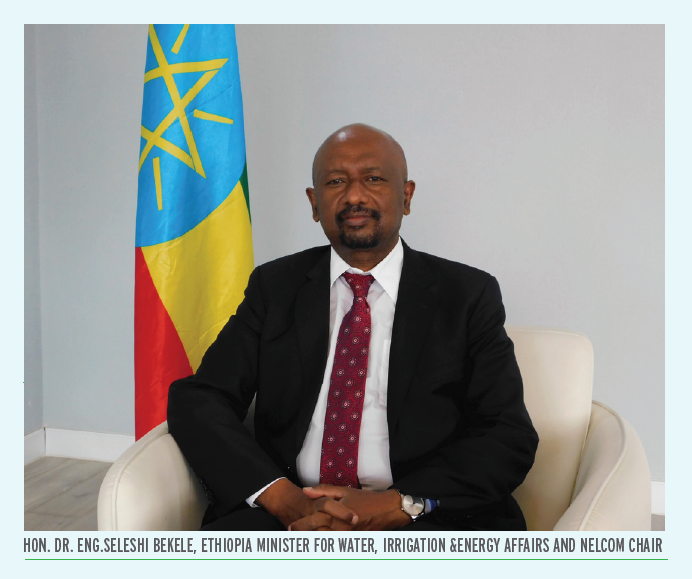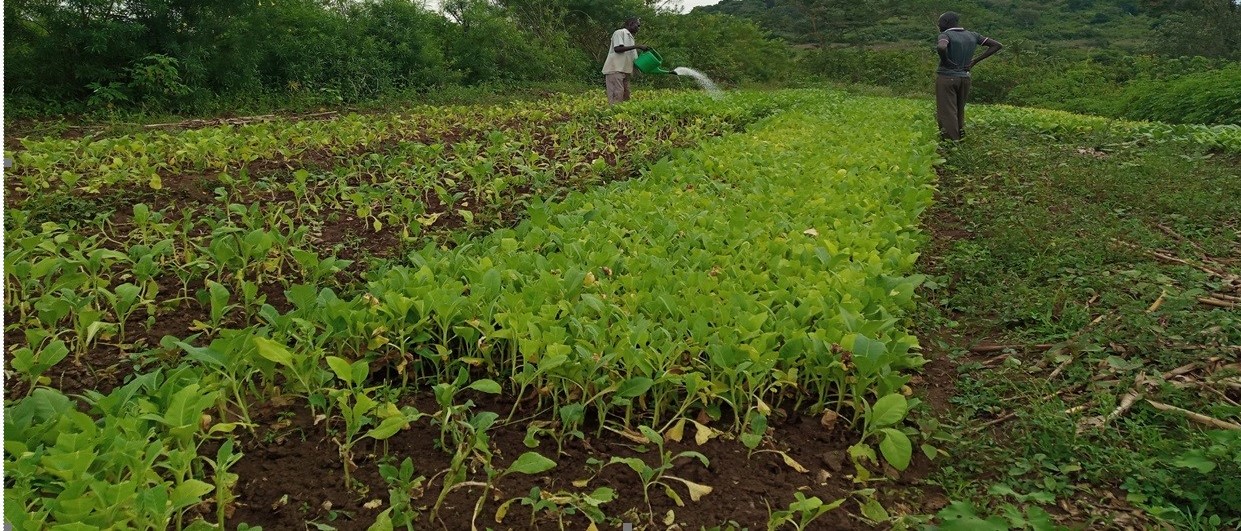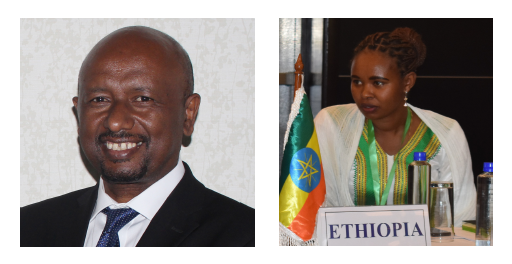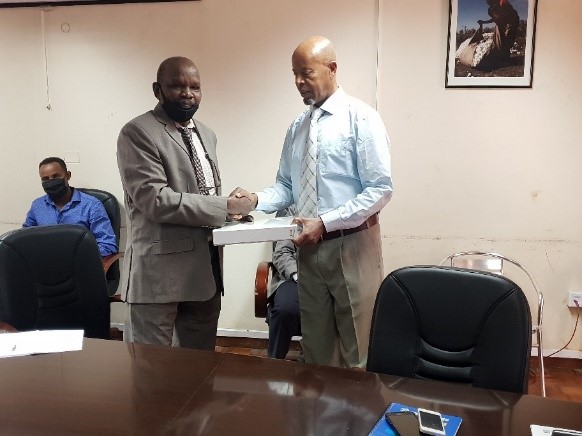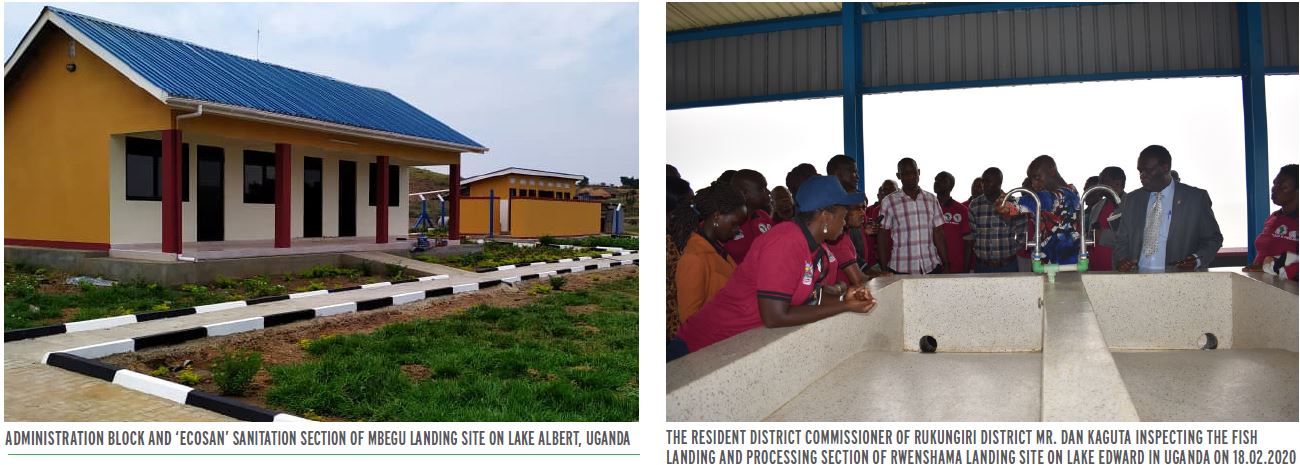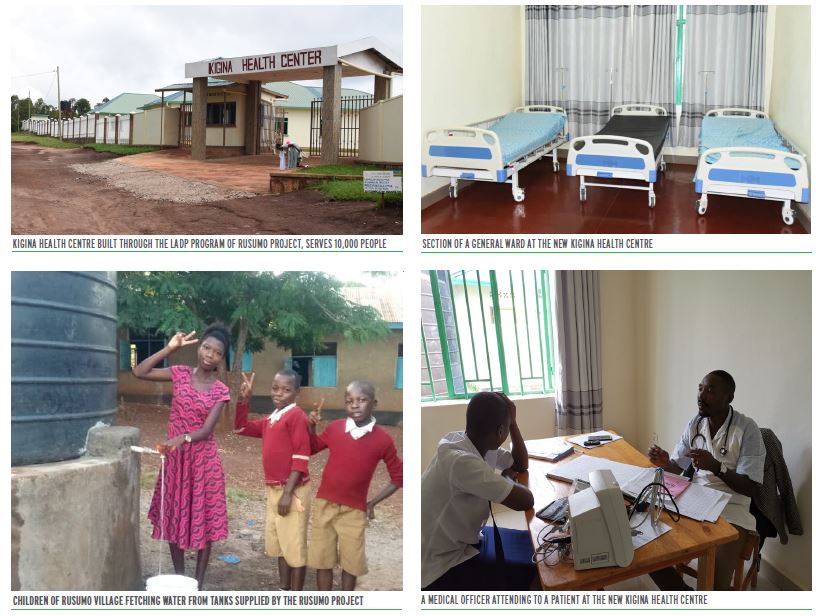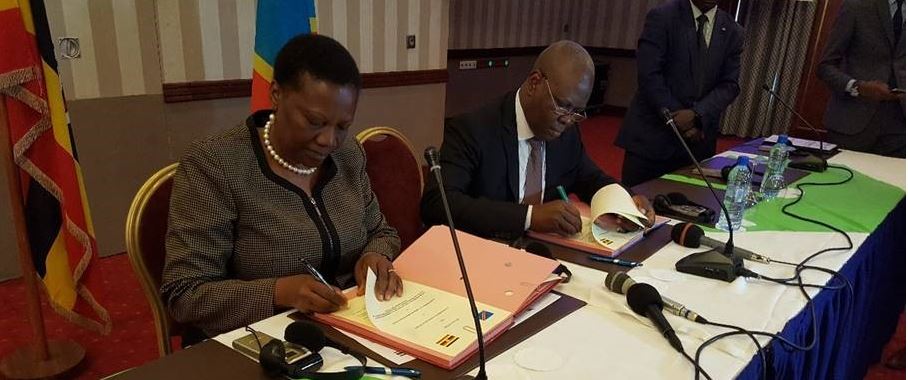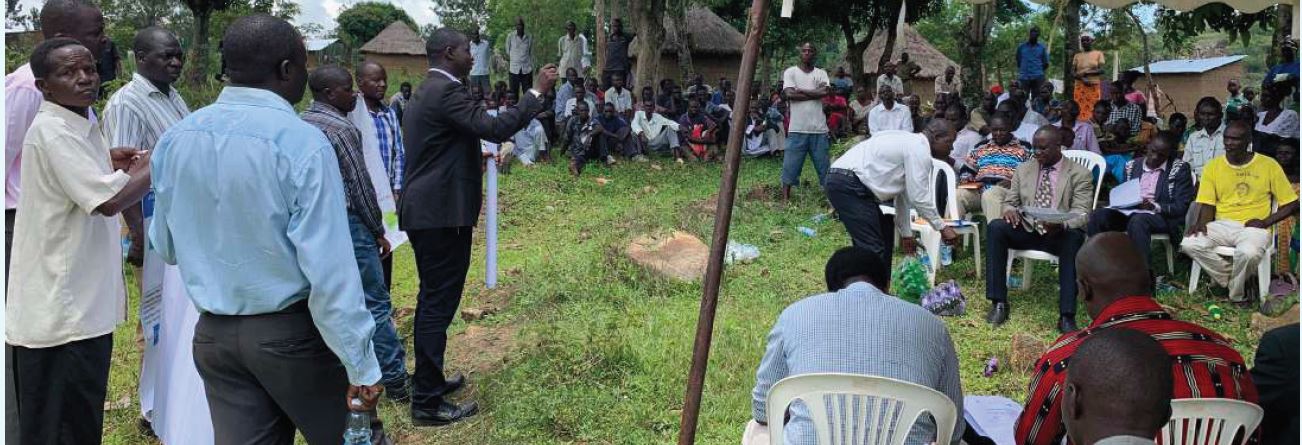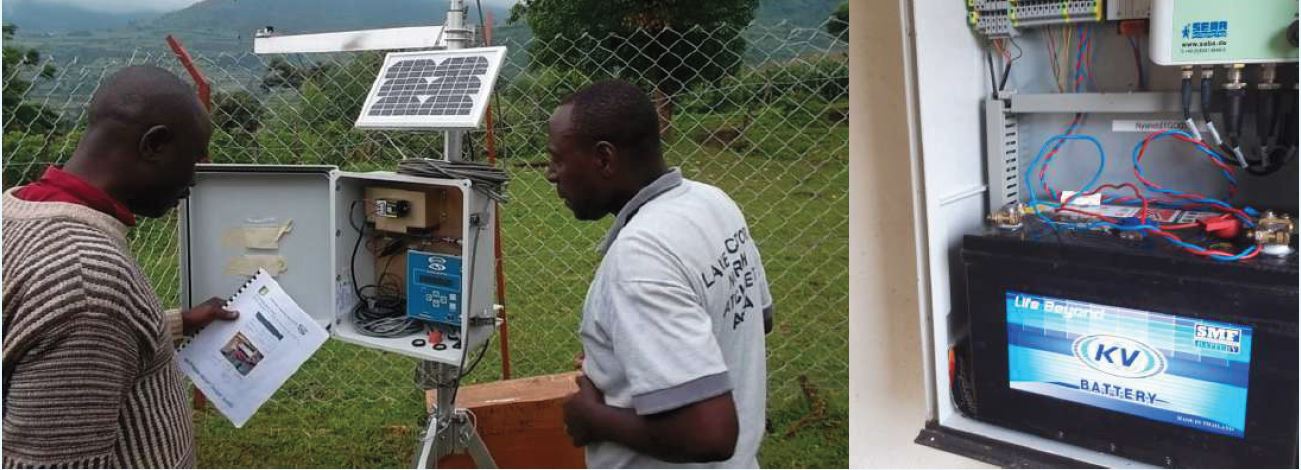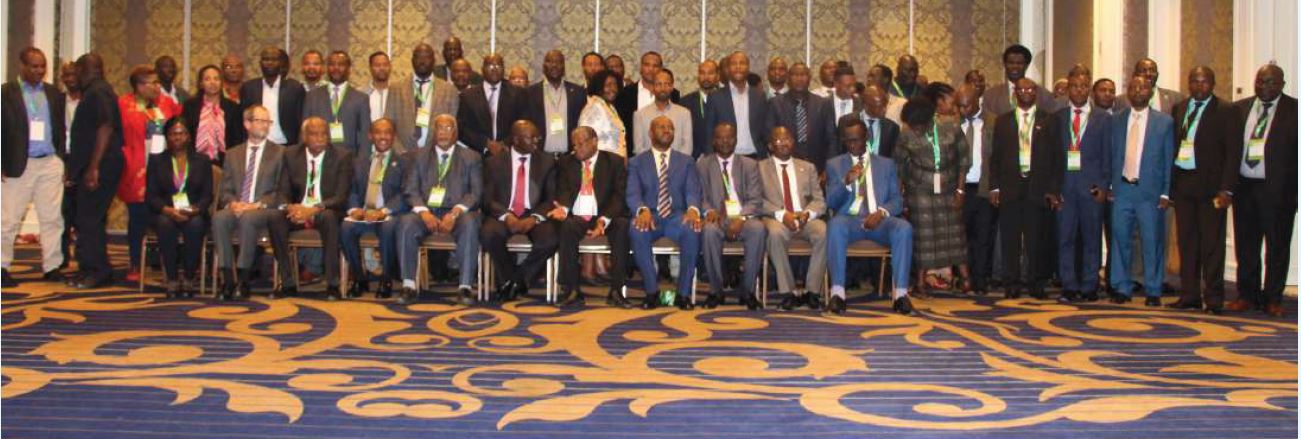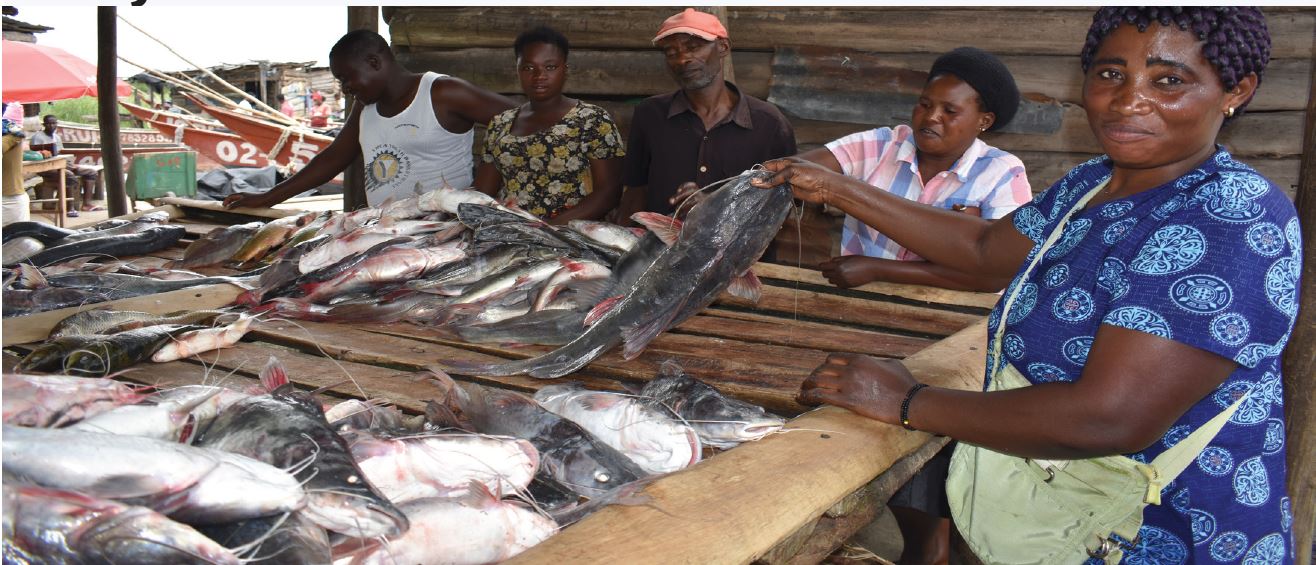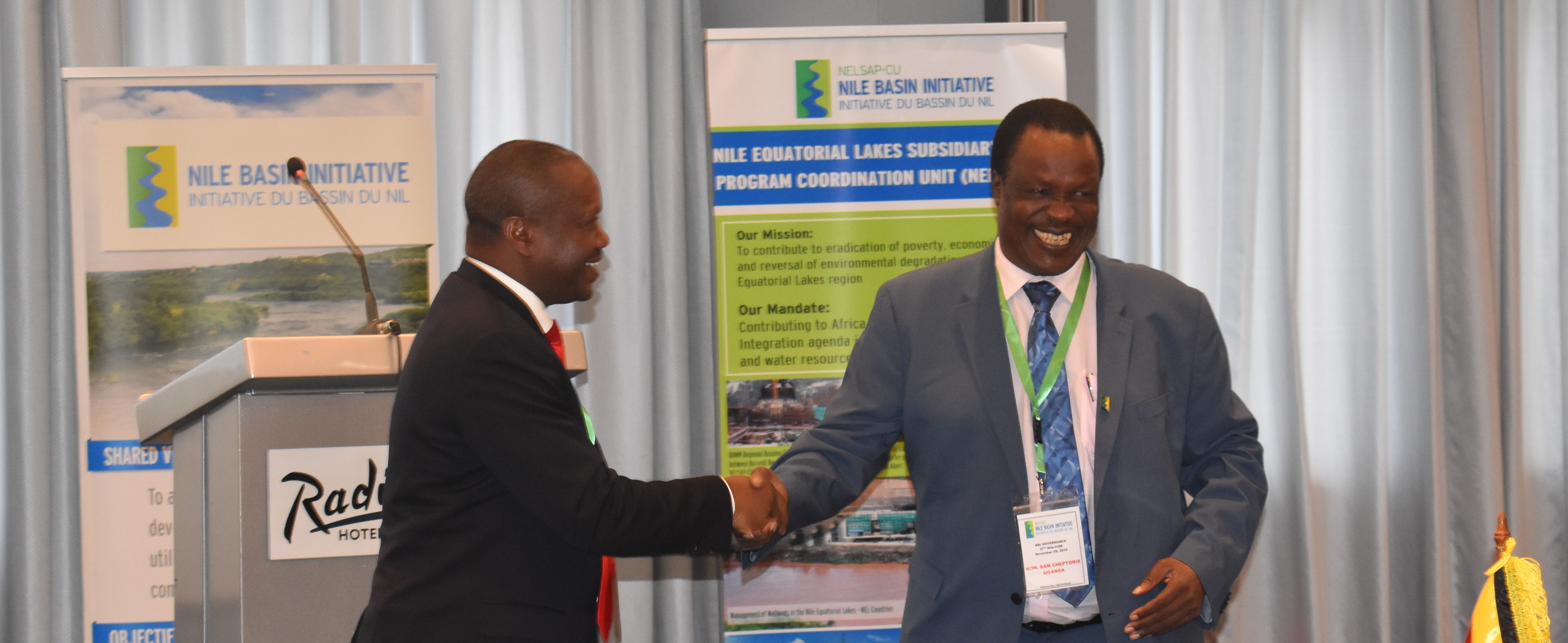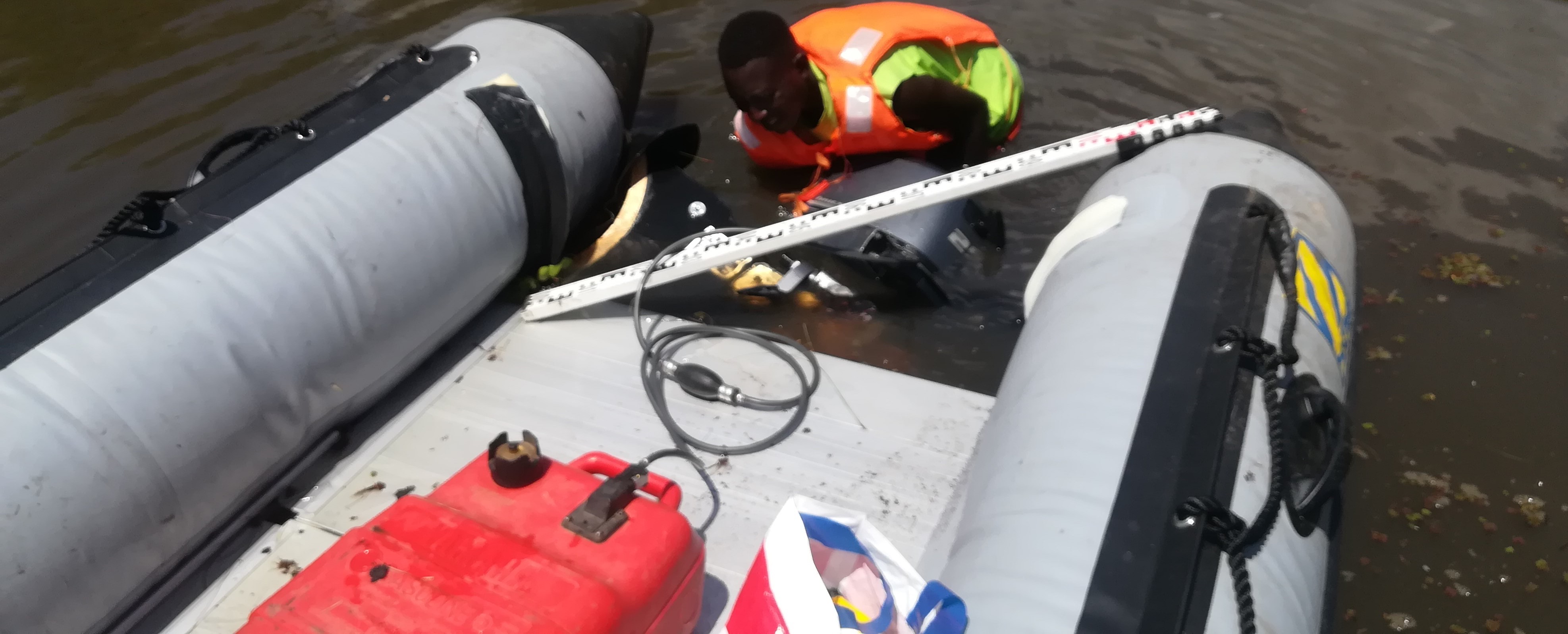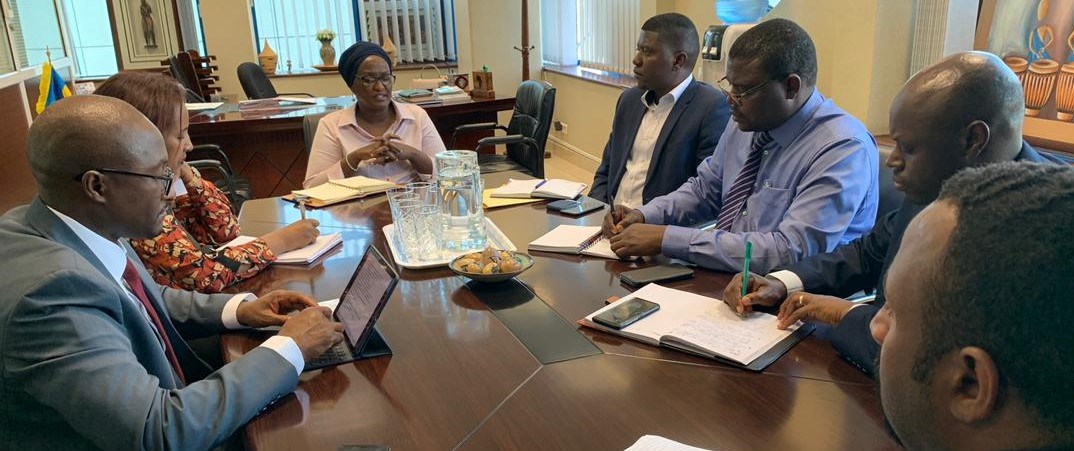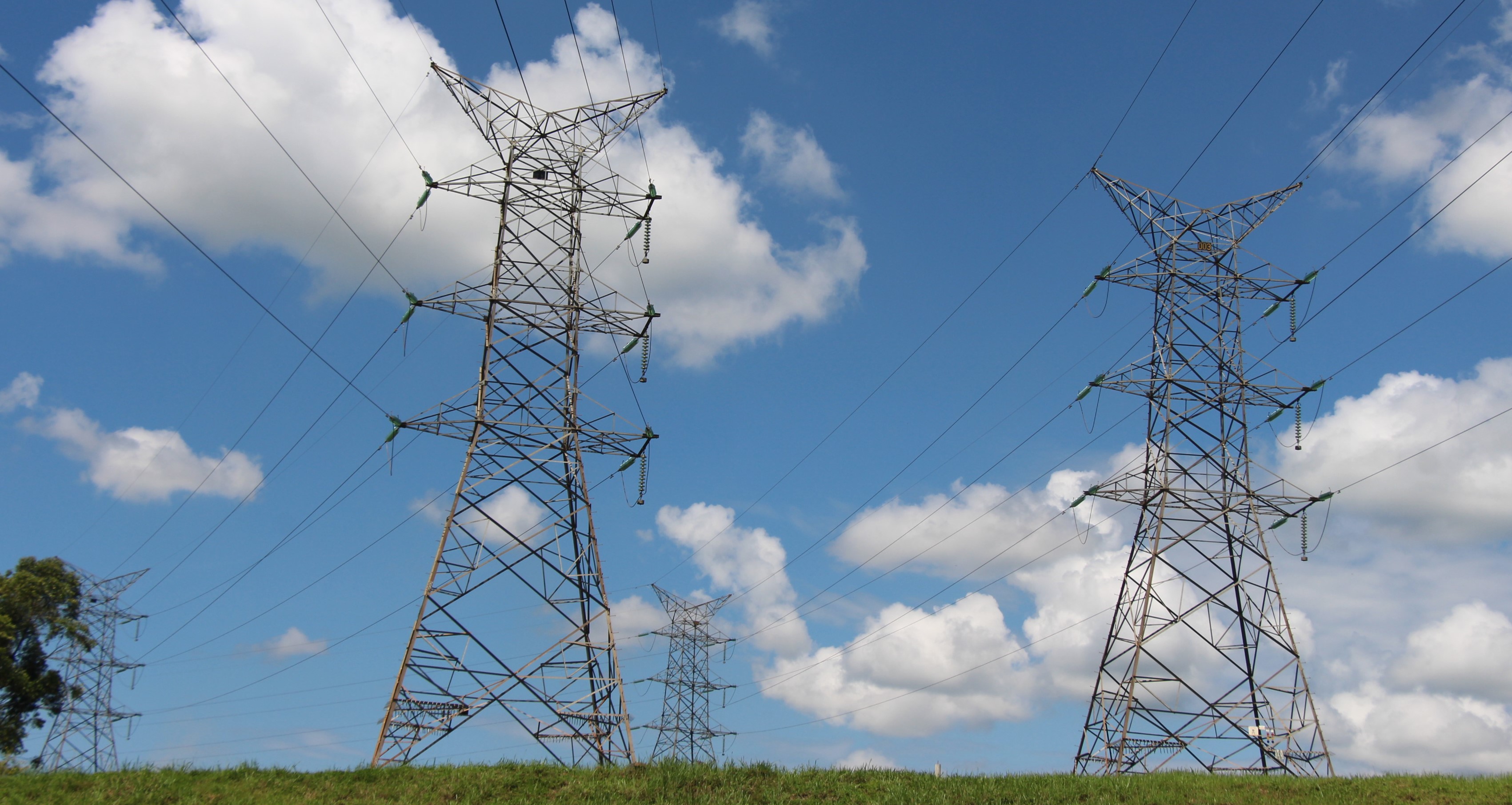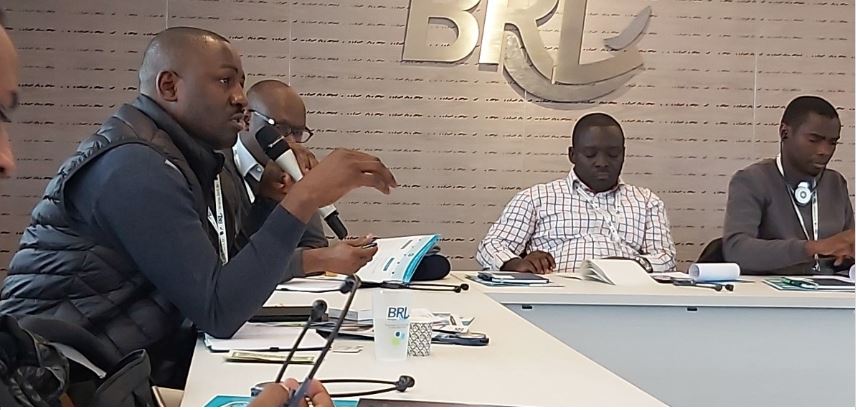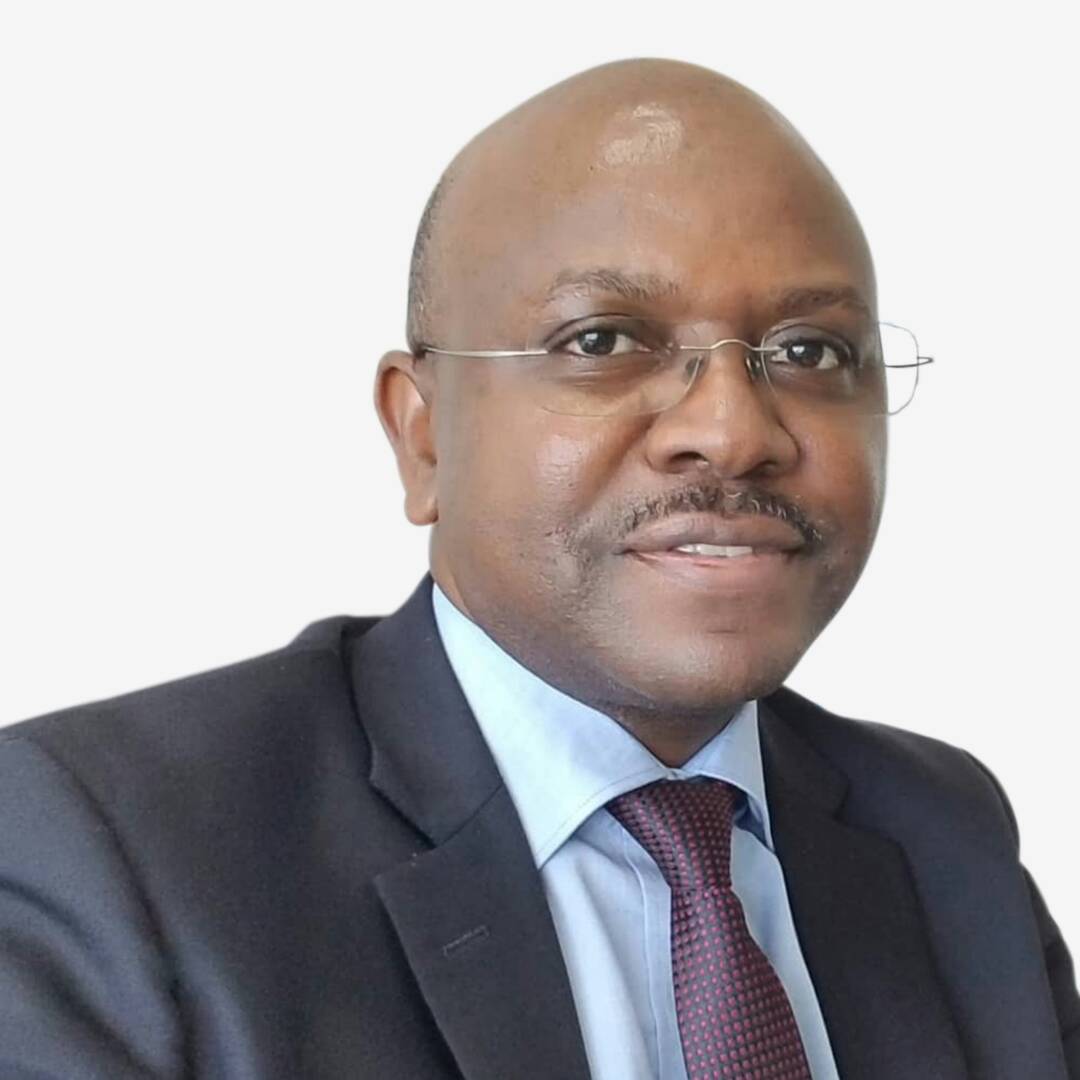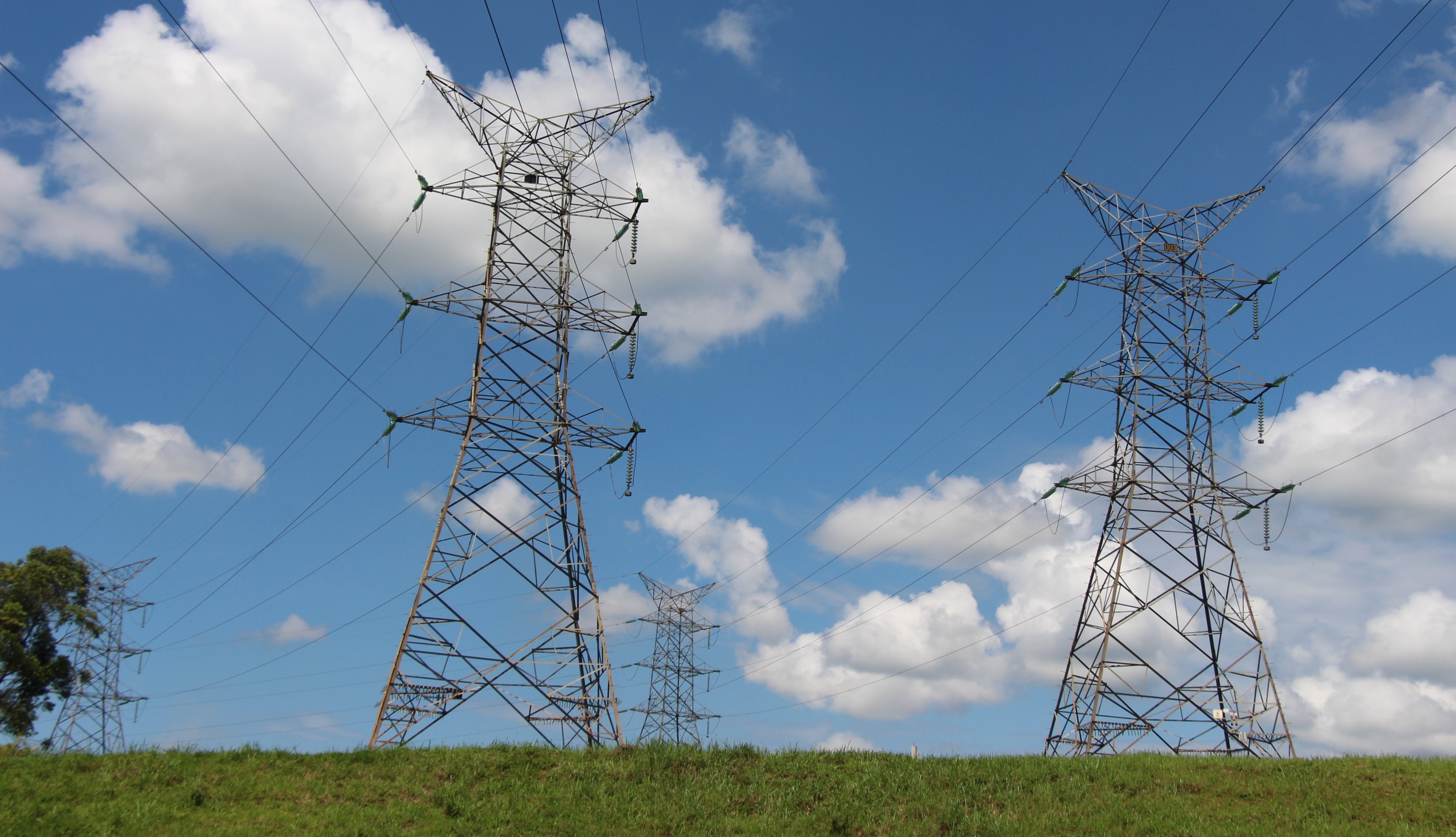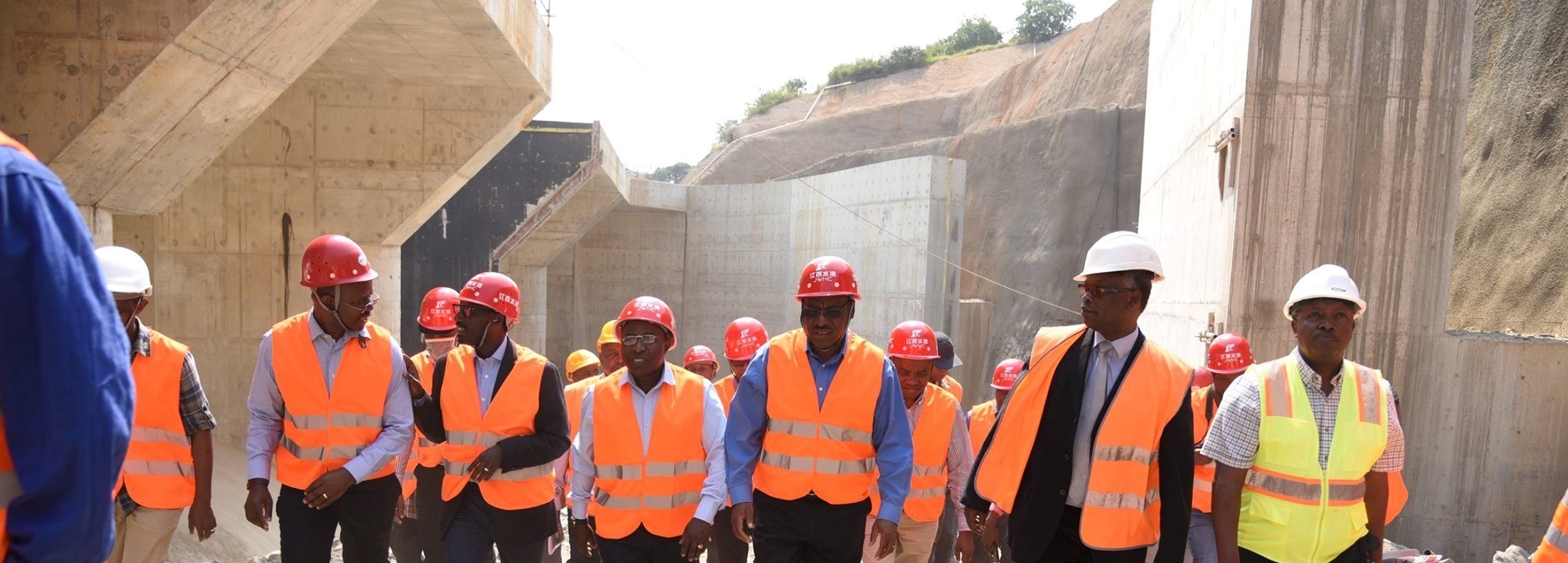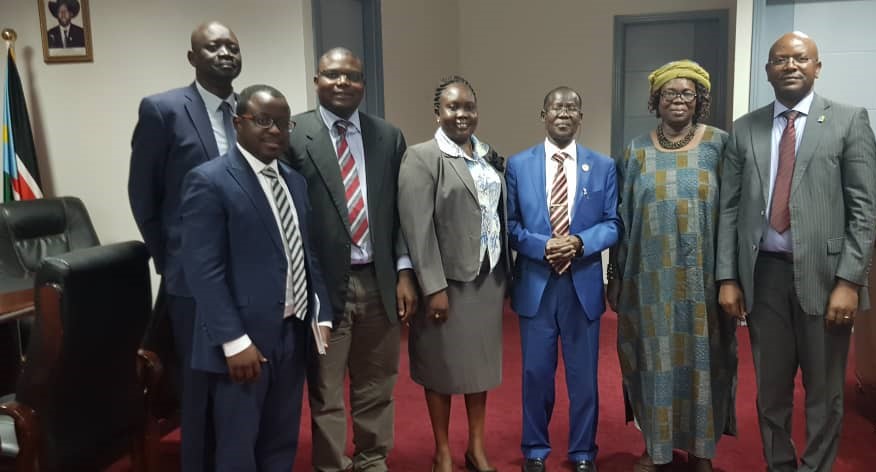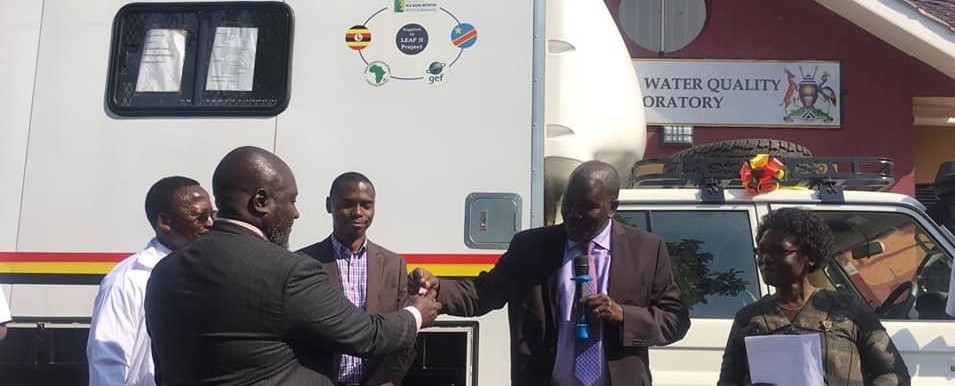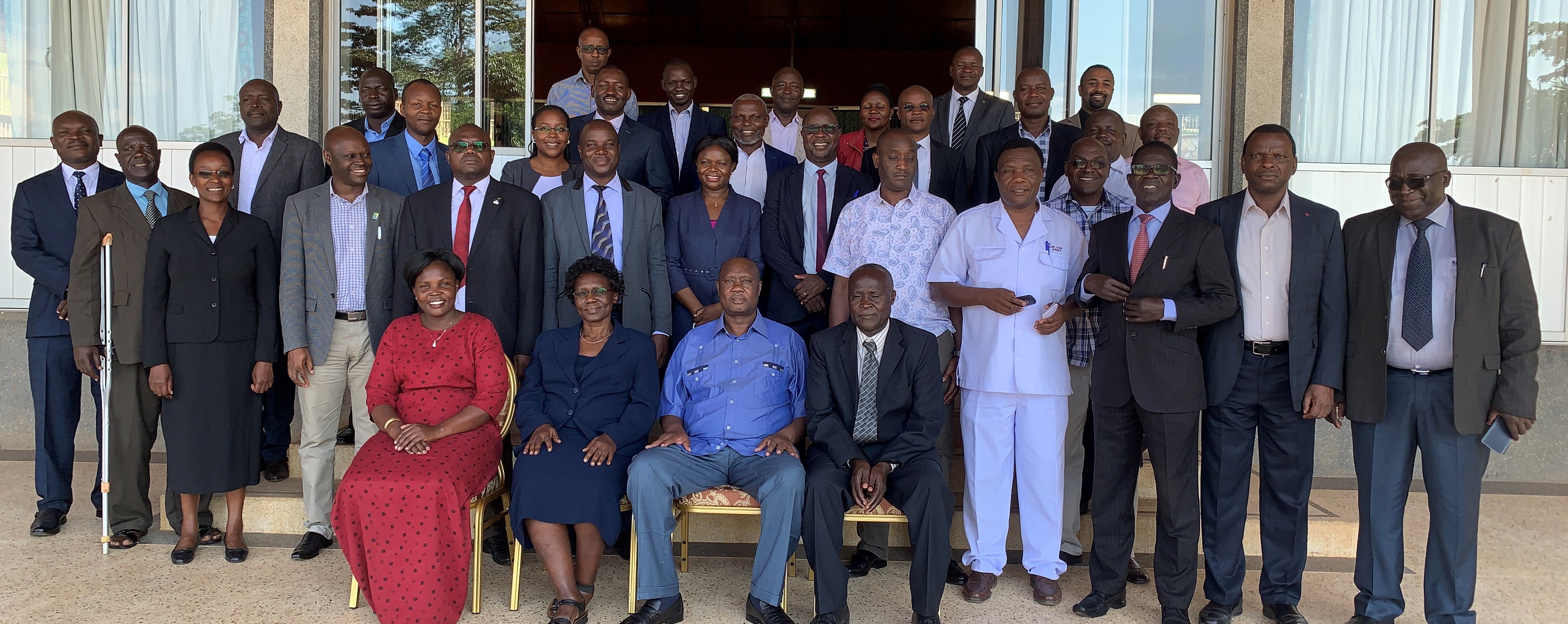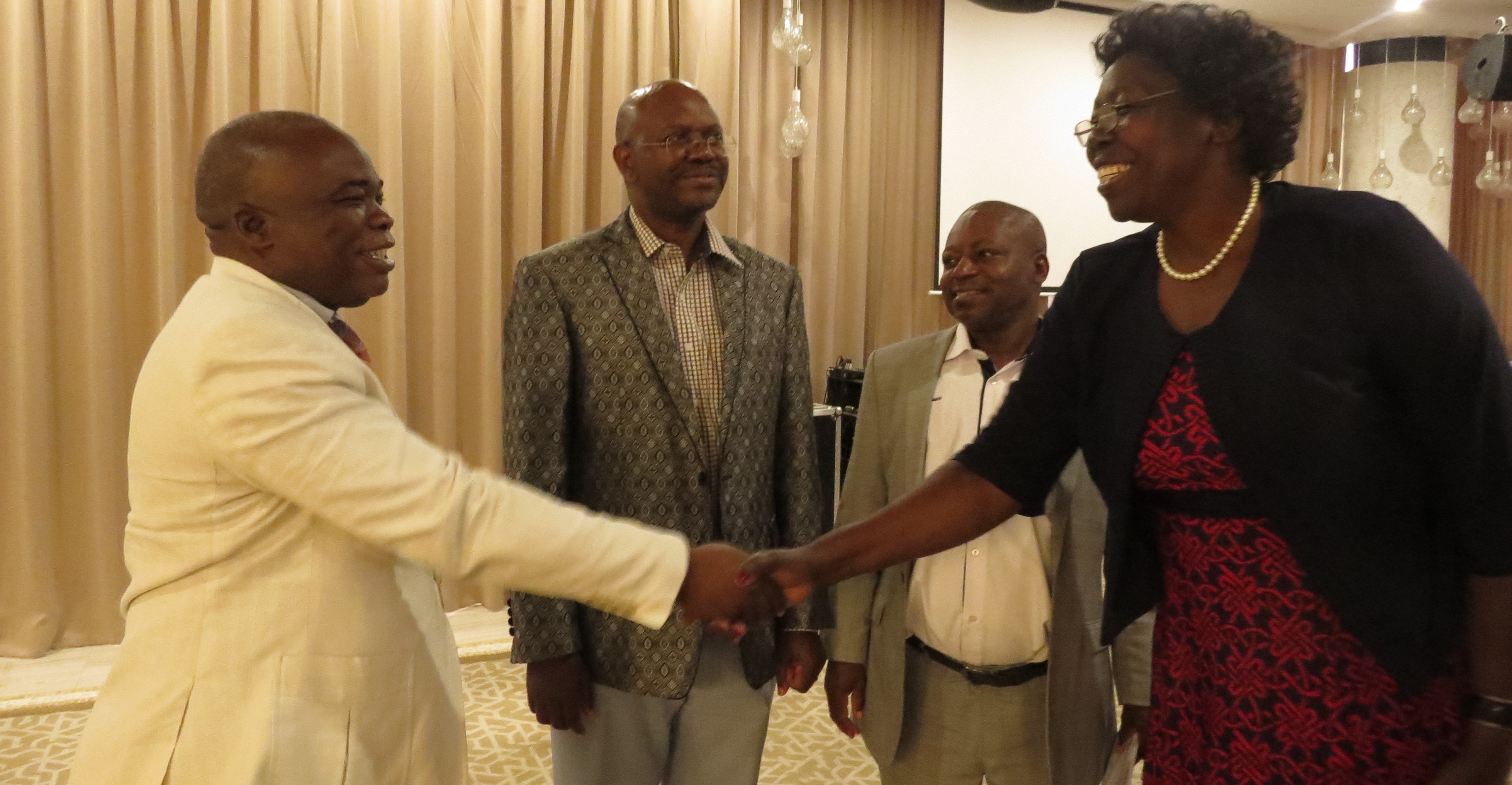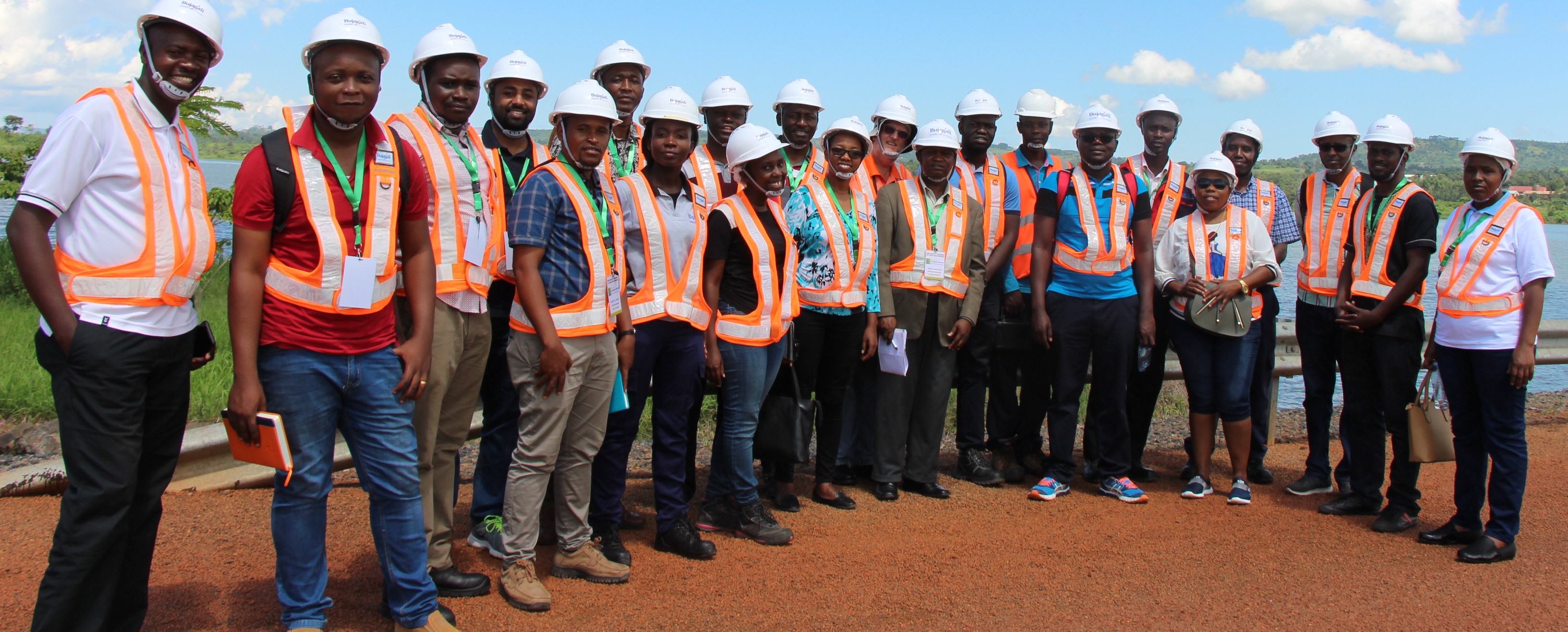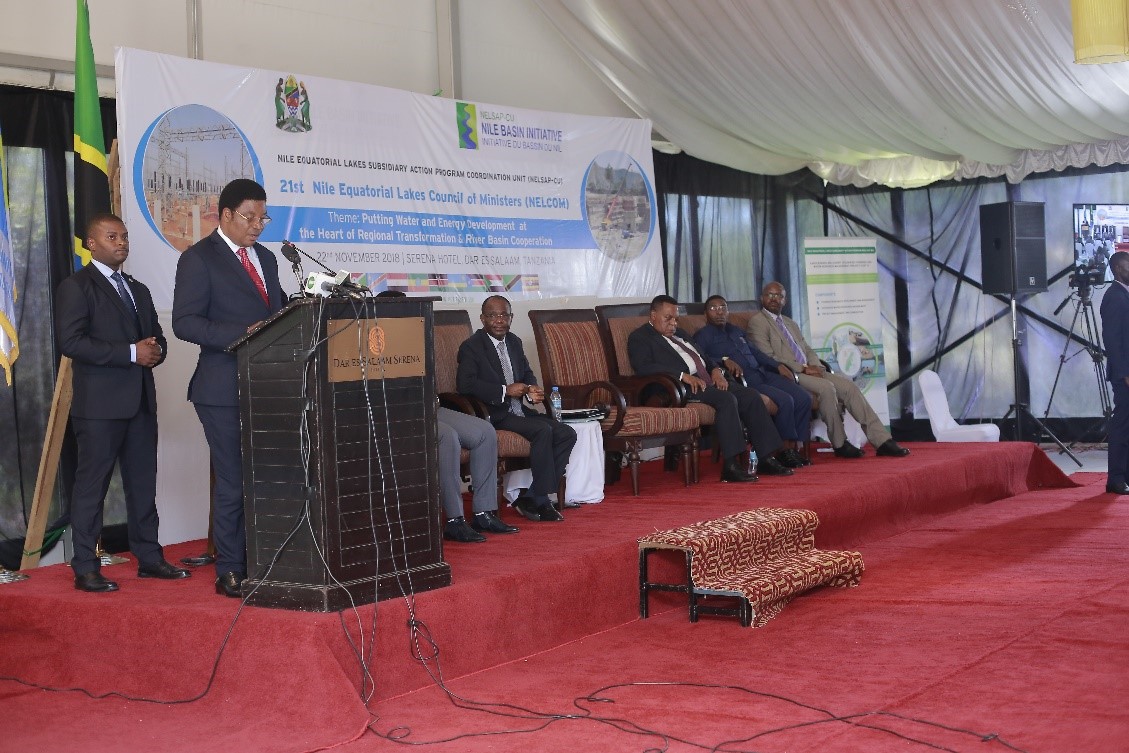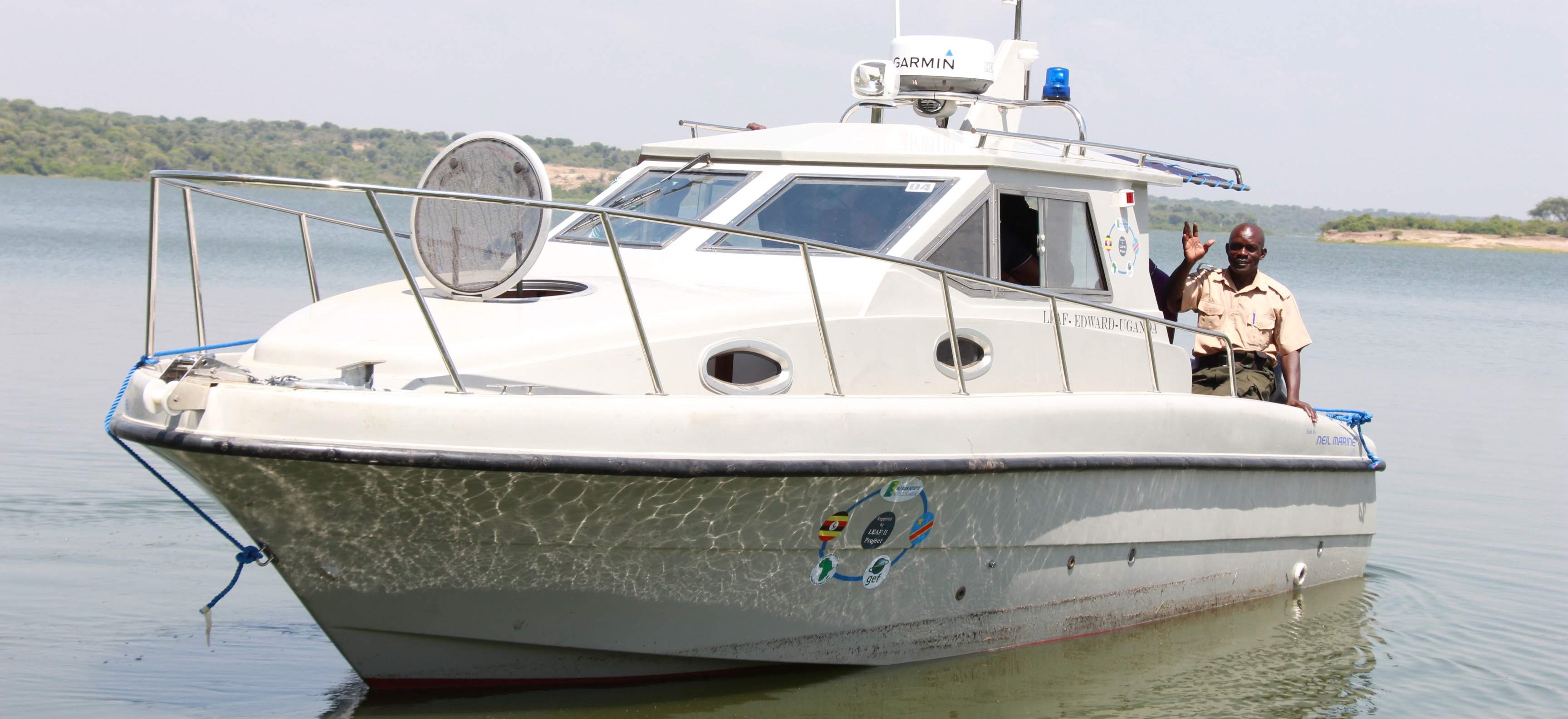The Nile Equatorial Lakes Subsidiary Action Program Coordination Unit (NELSAP-CU) hosted Permanent Secretaries from nine Nile basin countries for an experiential tour to its project, the 80MW Regional Rusumo Falls Hydroelectric Project that is shared between Burundi, Rwanda, and Tanzania. While welcoming the guests, Eng. Dr. Isaac Alukwe, the Regional Coordinator of NELSAP-CU, and Eng. Sylvester Matemu, the NBI Executive Director, explained that the tour is part of NBI capacity development strategy and its objective was to benchmark good practices that can be promoted for replication between other Nile Basin member states. The tour was also meant to facilitate learning from flagship projects that have successfully harnessed collective resource mobilization, technical cooperation between neighboring countries in joint management and development of transboundary water resources, to demonstrate the benefits of cooperation in transboundary water and in addressing common regional challenges.
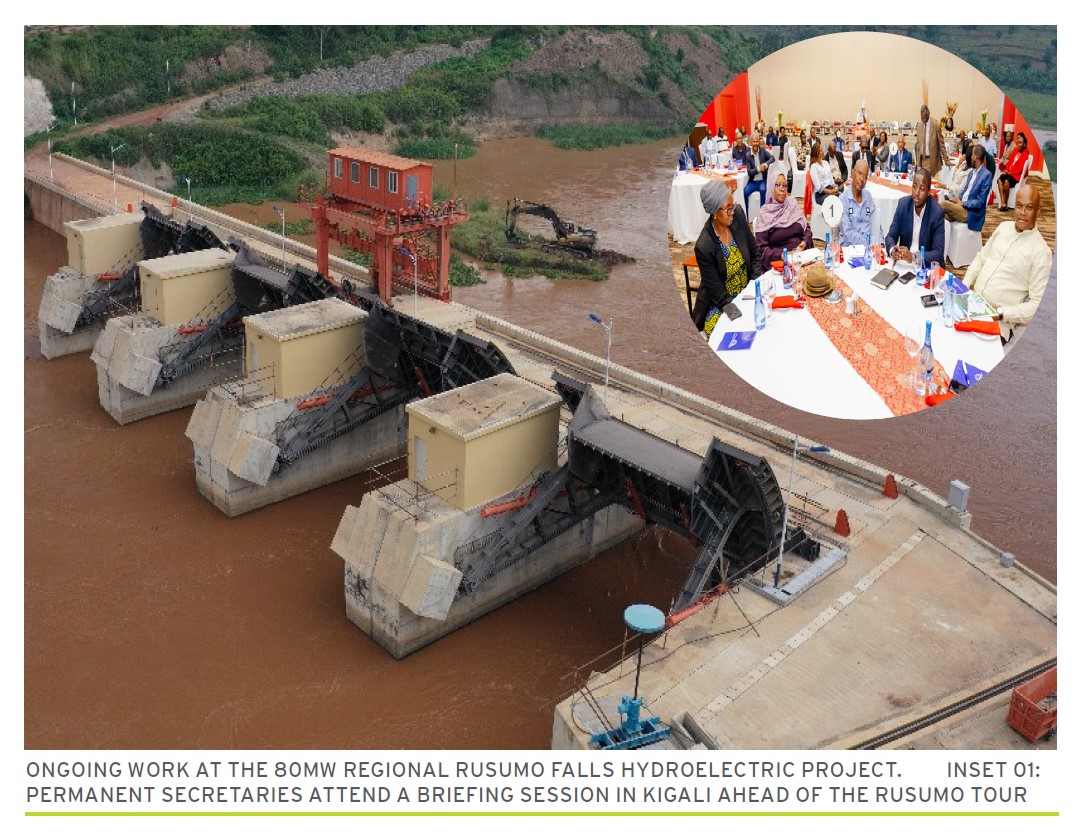 “We want the countries to understand that cooperation in management of transboundary international waters is no longer a choice, but a necessity and can greatly benefit the Nile Basin Countries,” said Eng. Dr. Isaac Alukwe. The nine Nile Basin countries were represented by three Permanent Secretaries each, from the ministries responsible for Water Affairs, Finance and Foreign Affairs and senior government officials who are decision makers on transboundary water management.
“We want the countries to understand that cooperation in management of transboundary international waters is no longer a choice, but a necessity and can greatly benefit the Nile Basin Countries,” said Eng. Dr. Isaac Alukwe. The nine Nile Basin countries were represented by three Permanent Secretaries each, from the ministries responsible for Water Affairs, Finance and Foreign Affairs and senior government officials who are decision makers on transboundary water management.
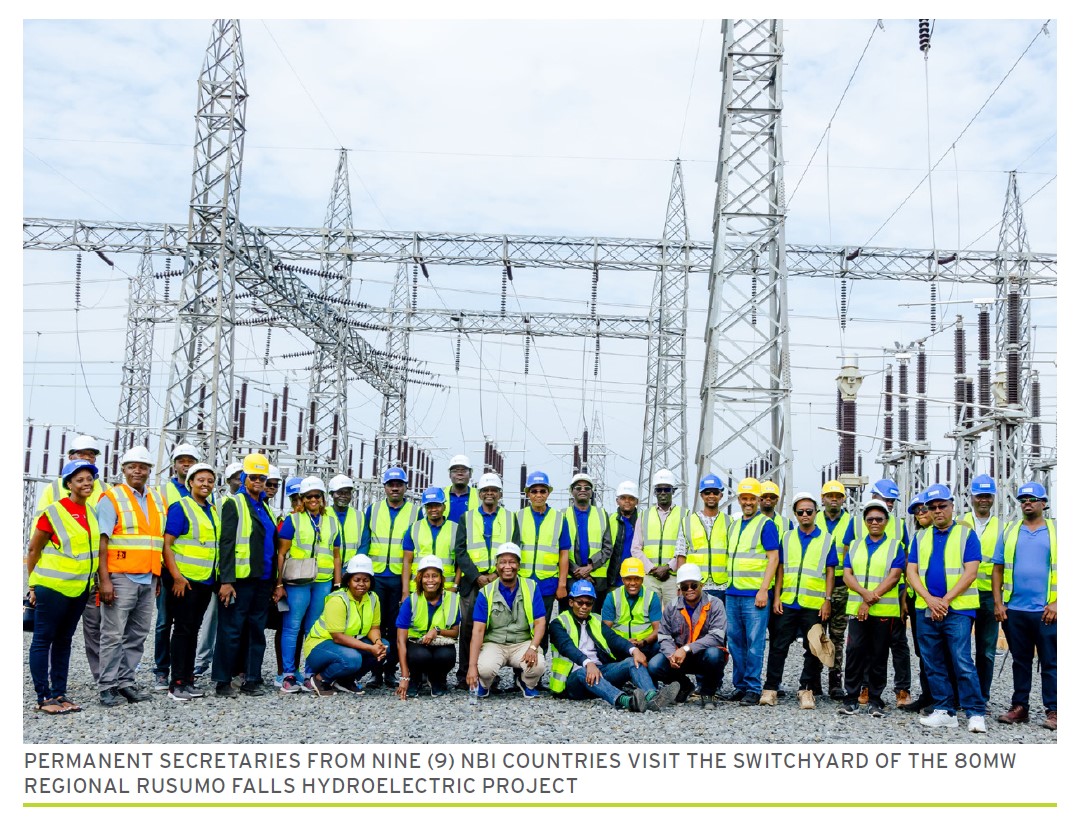
The tour offered the Permanent Secretaries, who are not part of NBI governance structure, an interactive and practical approach to learn about NBI. The experiential tour by the Permanent Secretaries was facilitated by the World Bank through the Nile Cooperation for Climate Resilience, NCCR project and was coordinated by the Nile Basin Secretariat. The host Permanent Secretary Mr. Patrick Karera, Rwanda PS for Environment while welcoming his counterparts to Rwanda, noted that access to food, clean energy and water is a priority for all basin countries. The PS said that the Nile River basin is transboundary in nature and therefore requires close liaison, coordination, and collective efforts in harnessing its resources for sustainable development. “I appeal to the Nile Basin member states to effectively support the Nile Basin Initiative, which is our common platform, that is helping the basin to advance through cooperation and sustainable investments,” Mr. Karera added.
Speaking at the end of the PS’s site visit to the 80MW Regional Power Project, Hon. Eng. Daw Albait Abdulrahman Mansour, (Acting) Minister of Irrigation and Water Resources, who is also the Sudan Republic / Undersecretary in the Transitional Government of Sudan said, “Many lessons can be learnt from this project, here we have one facility used by more than one country, it shows that if countries work together they can reduce project costs, pool together resources and increase the benefits. This is a great example of transboundary cooperative water investment in the Nile River basin that if emulated and practiced across the basin, can lead to peaceful cross-border coexistence and costs effective projects.” The visits took place in the second week of February 2023.

